Turkey travel tips
Turkey travel tips: Transcontinental country bridging Europe and Asia, rich history, diverse culture, Istanbul’s iconic skyline, and delicious cuisine.
Provinces 🌎
Turkey travel tips. Here is a list of all the provinces of the Turkey.

Istanbul

Tekirdağ

Kocaeli
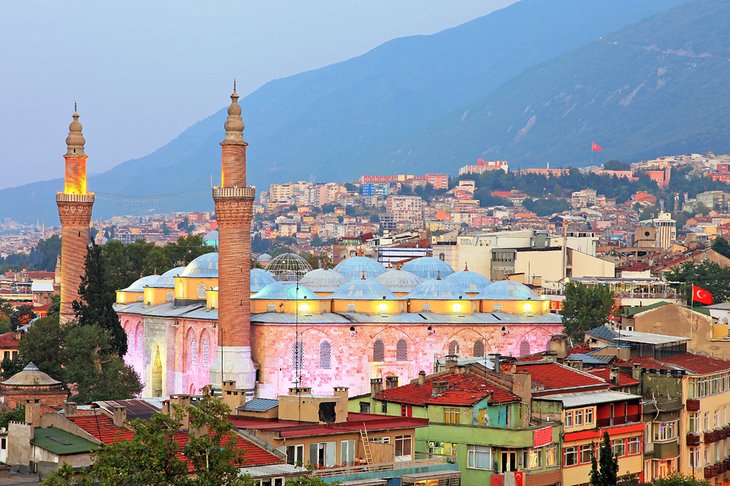
Bursa
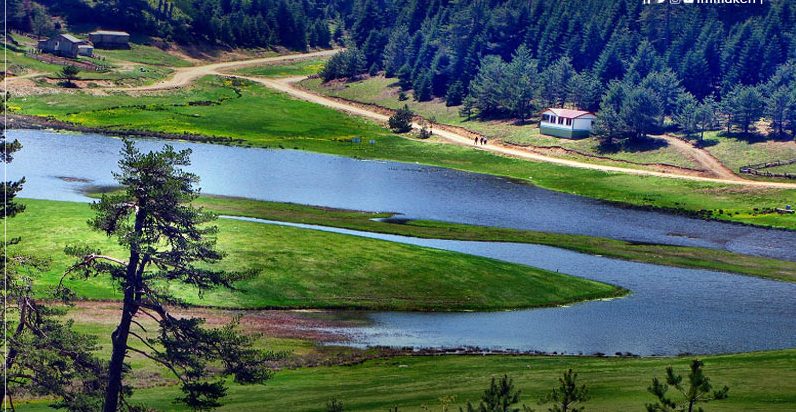
Sakarya

Yalova

Balıkesir
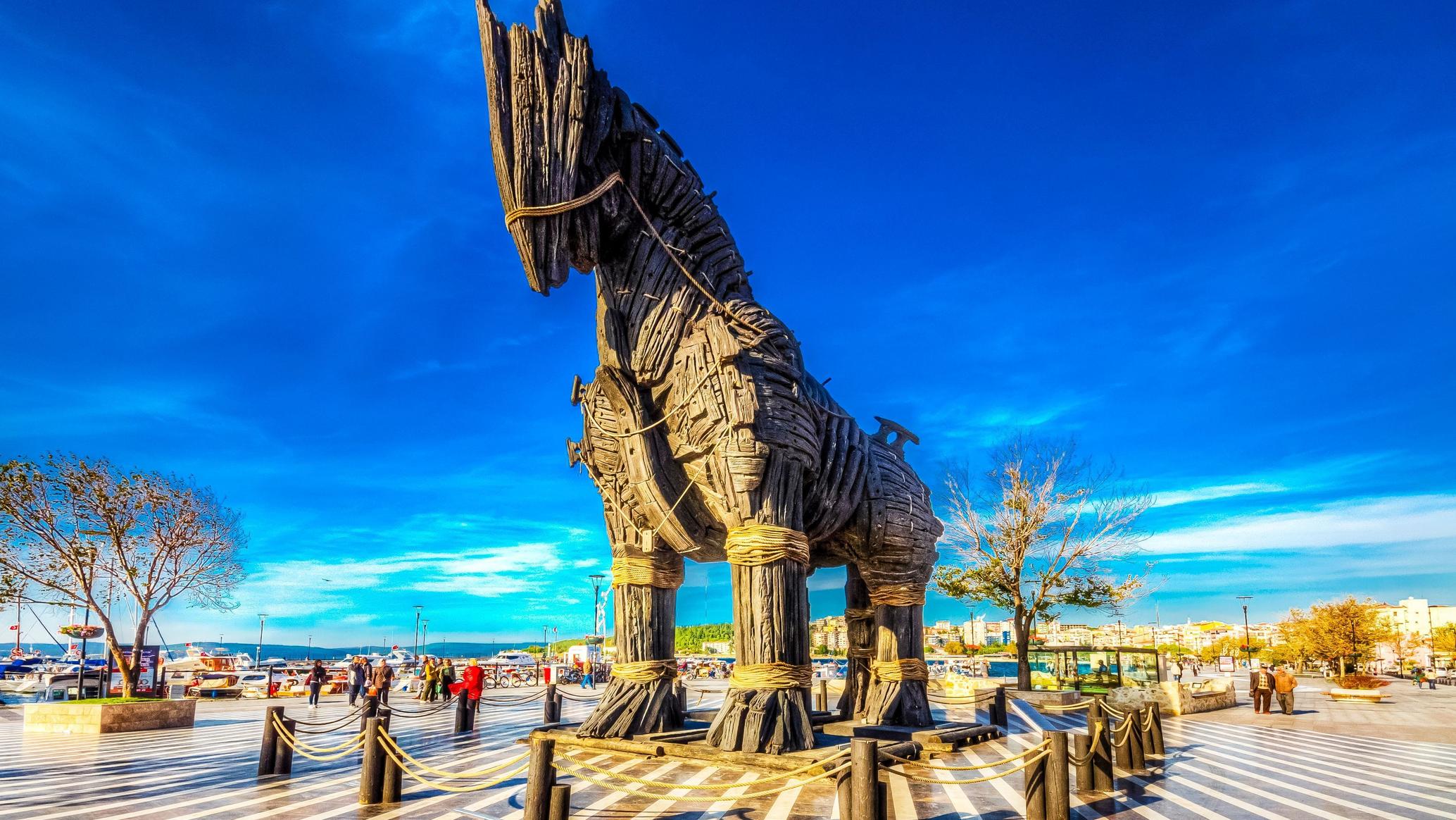
Çanakkale

Bilecik

Edirne

Kırklareli

Izmir
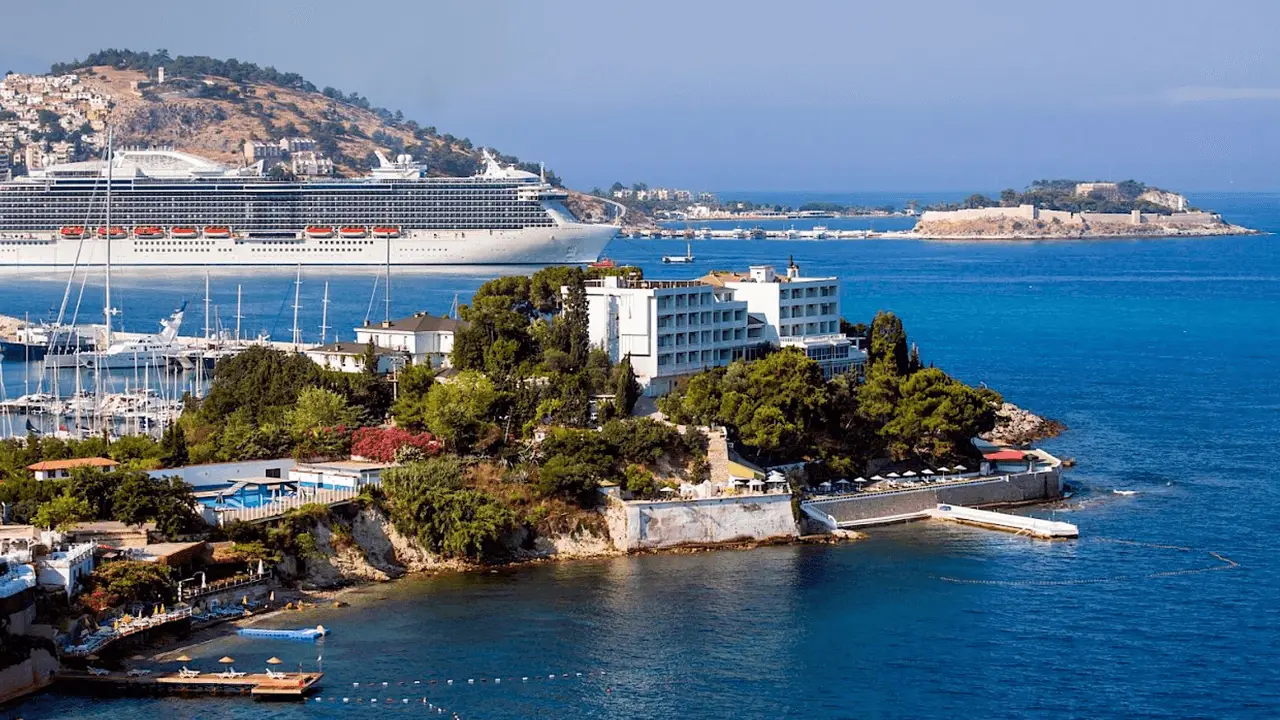
Aydın
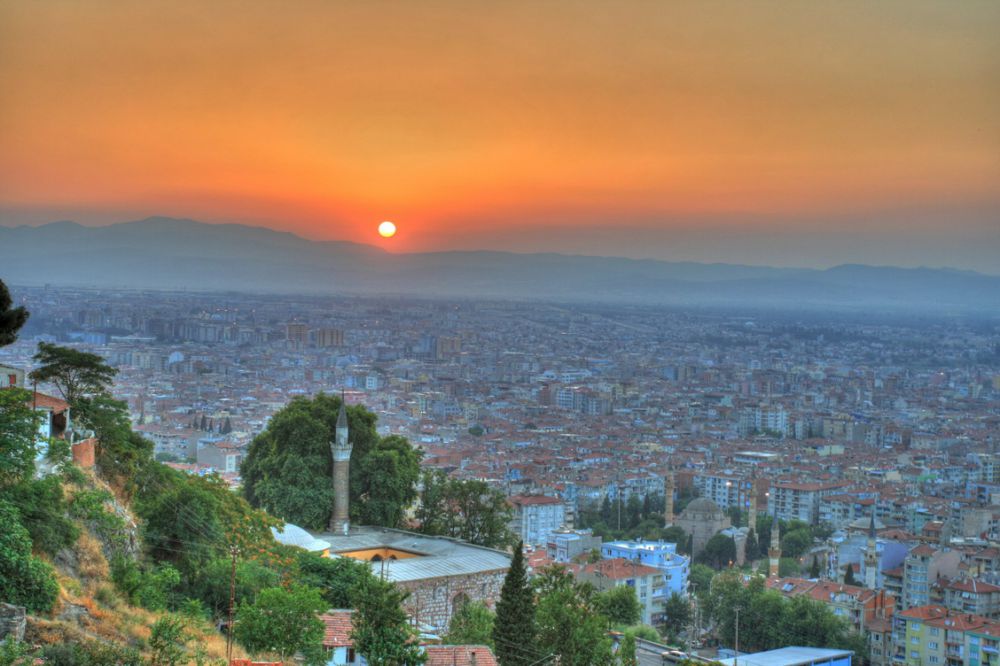
Manisa

Afyonkarahisar

Kütahya
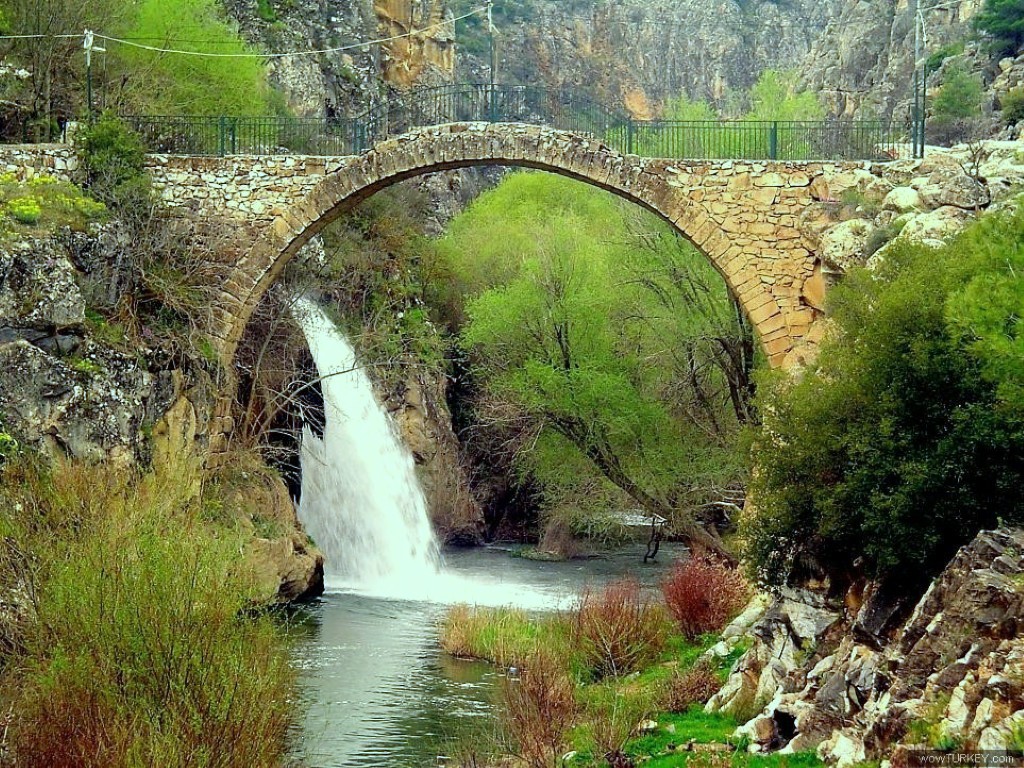
Uşak

Denizli
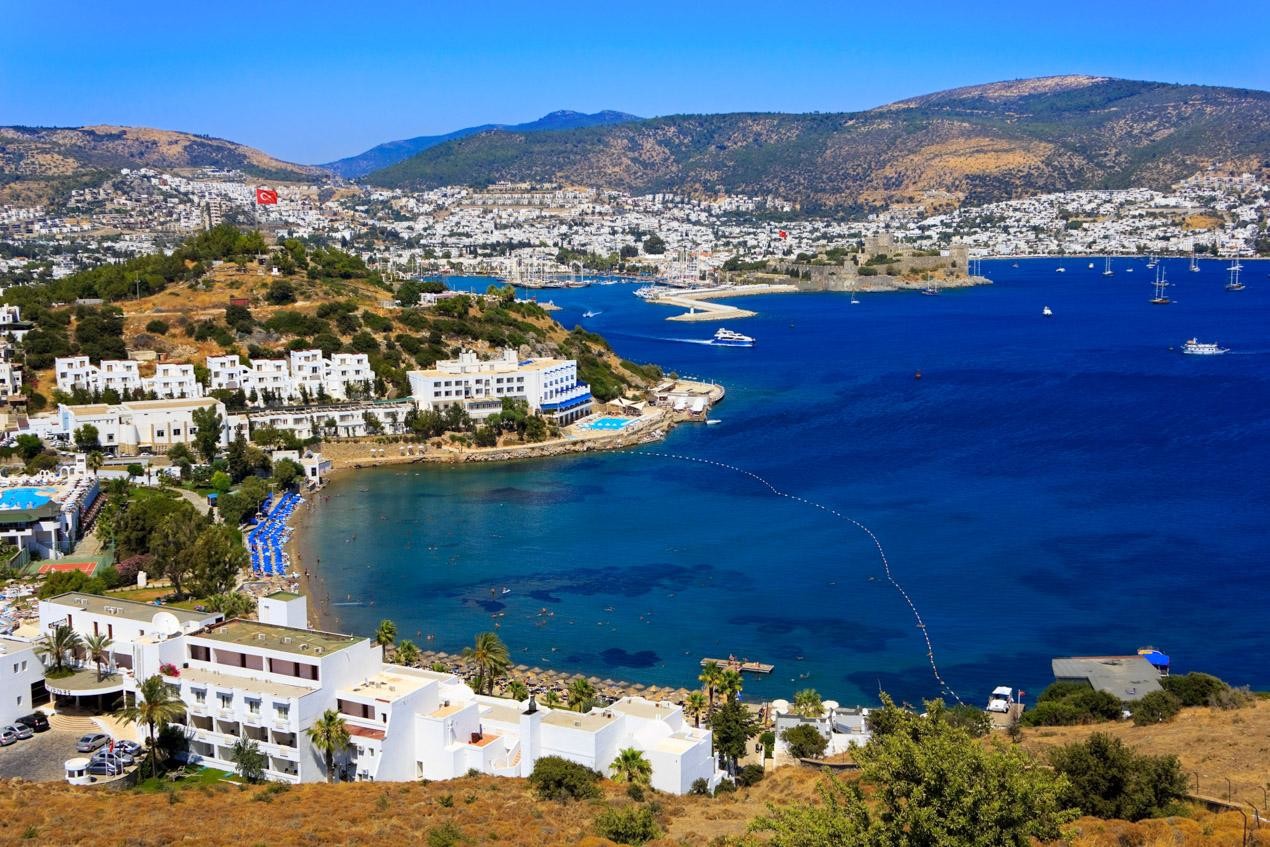
Muğla
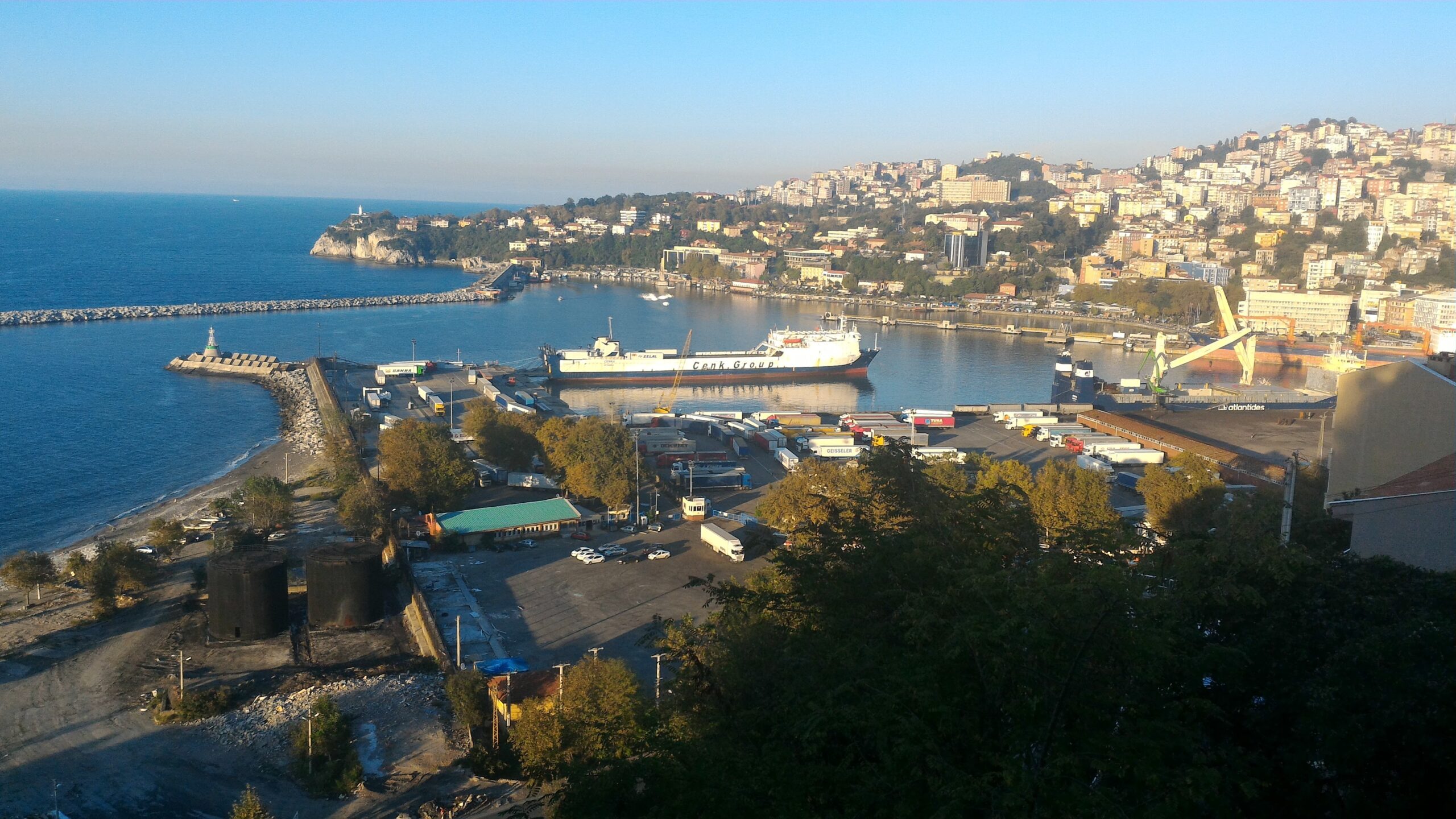
Zonguldak
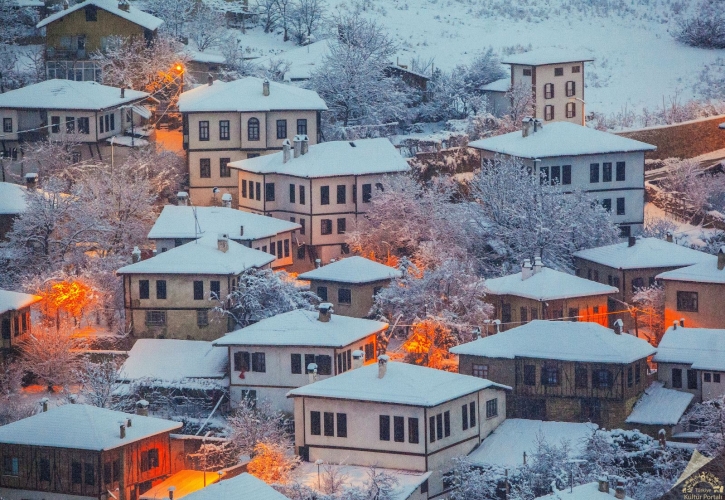
Karabük
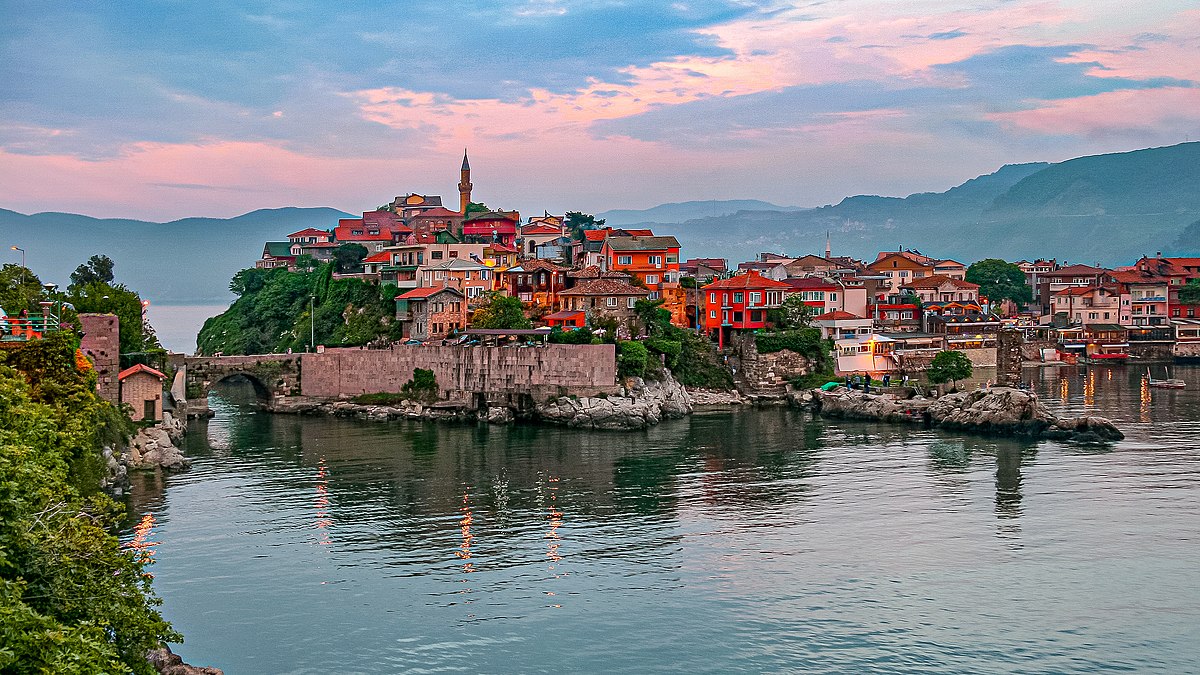
Bartın
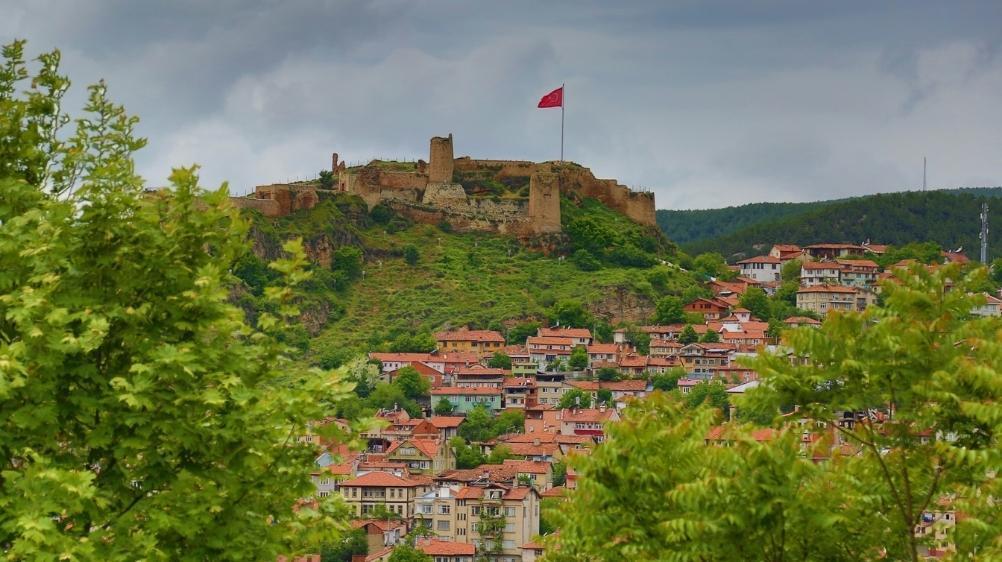
Kastamonu
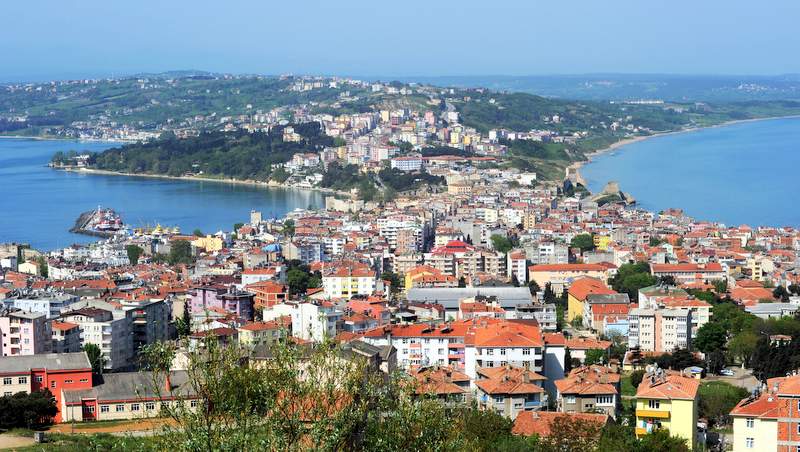
Sinop
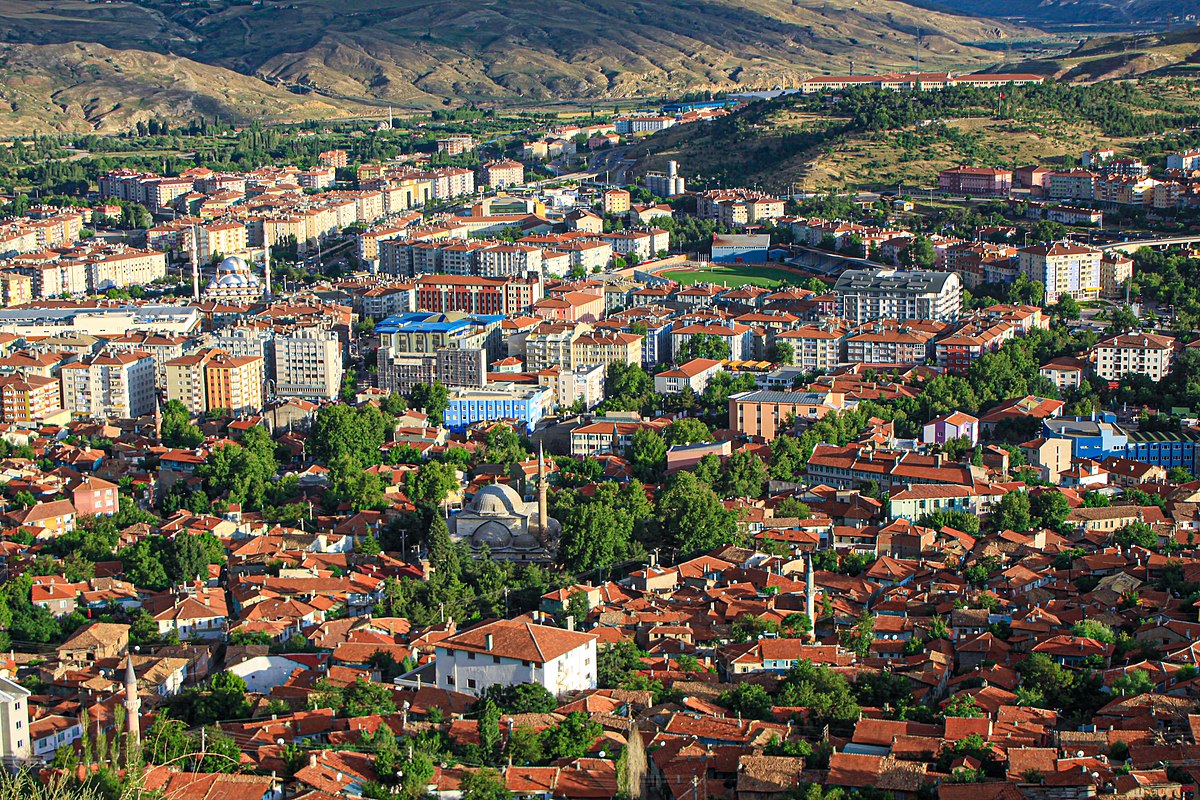
Çankırı

Samsun

Tokat
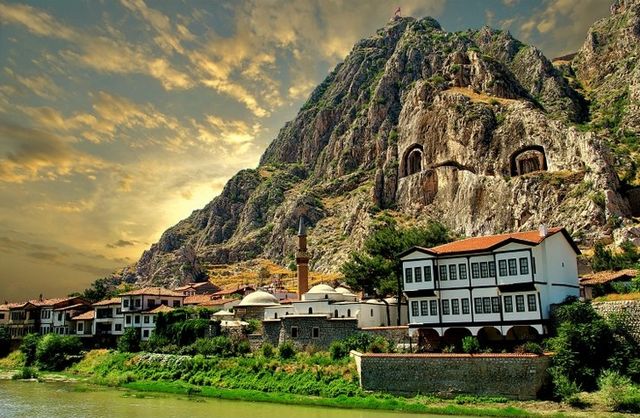
Amasya
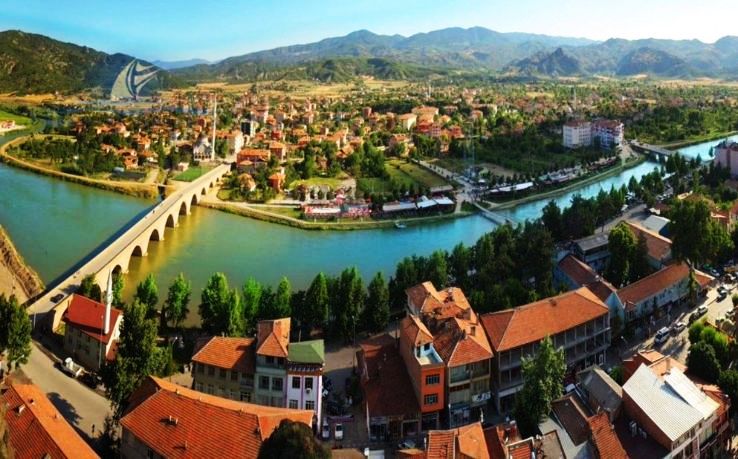
Çorum
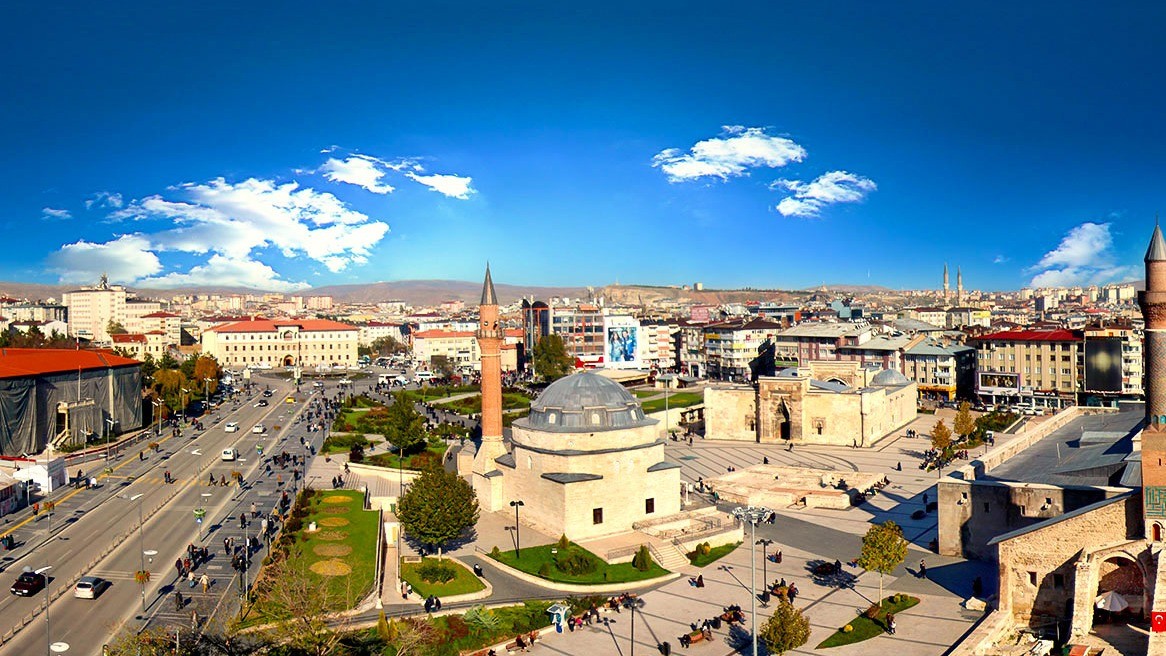
Sivas

Giresun
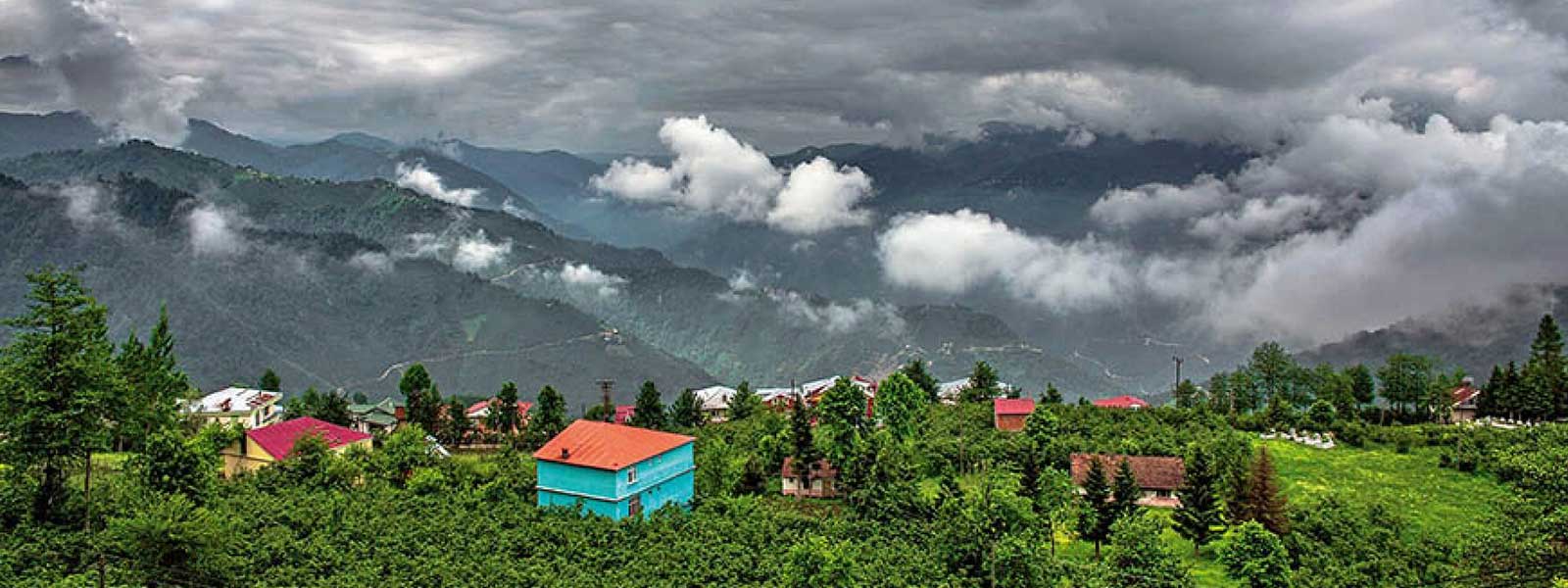
Ordu
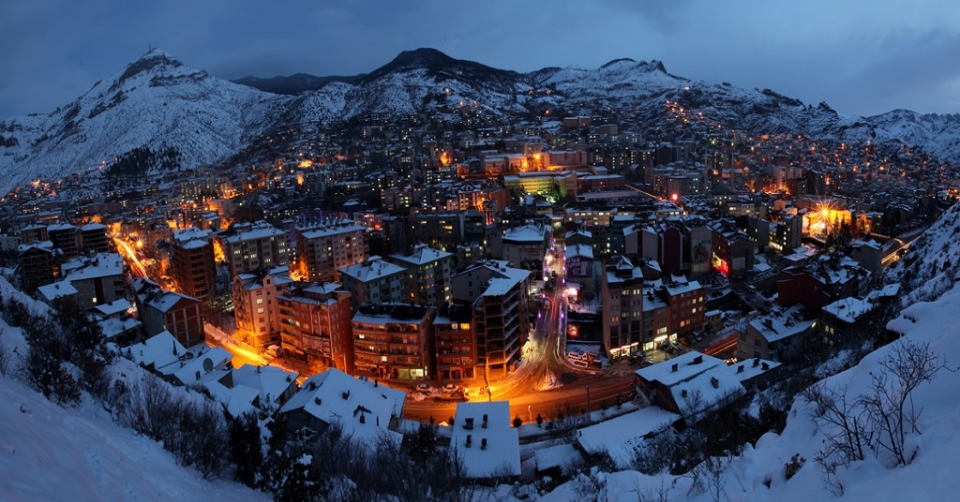
Gümüşhane

Trabzon

Rize
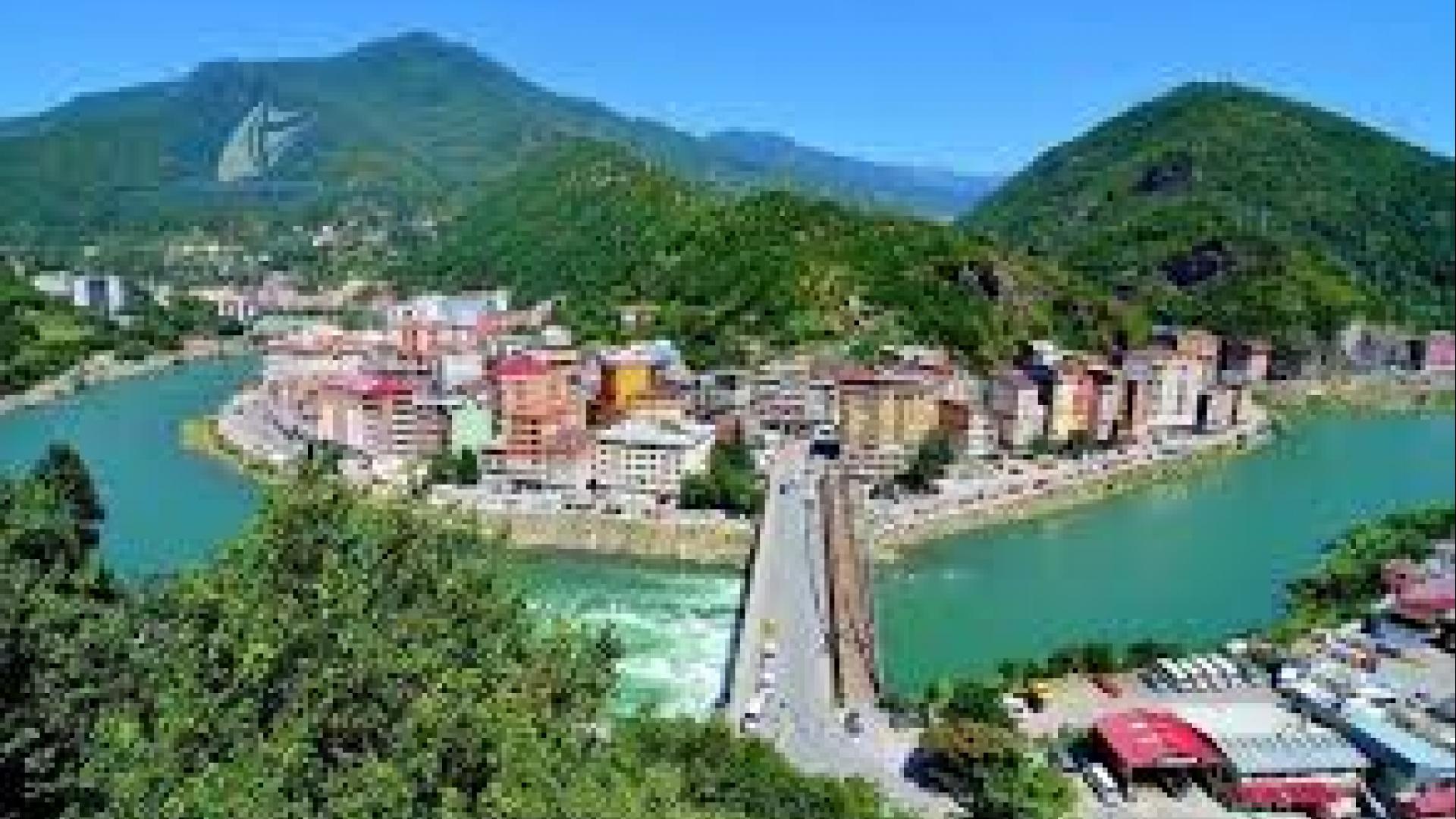
Artvin
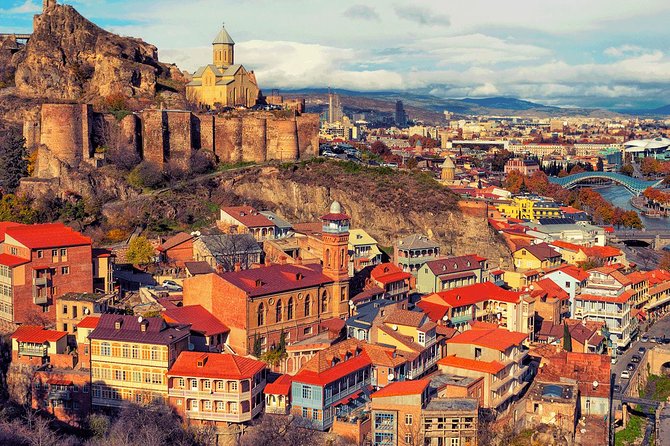
Ardahan

Bolu

Düzce
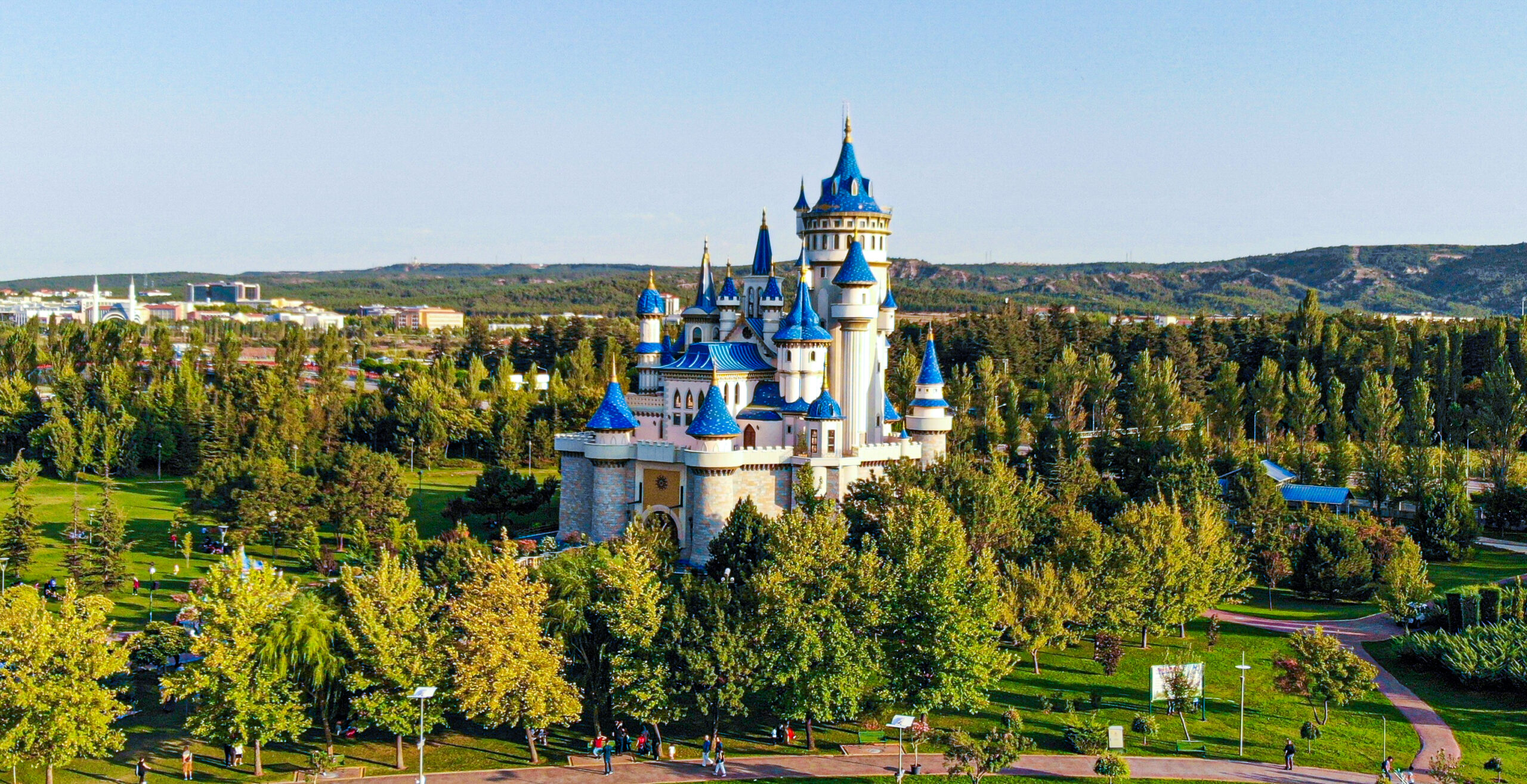
Eskişehir

Aksaray
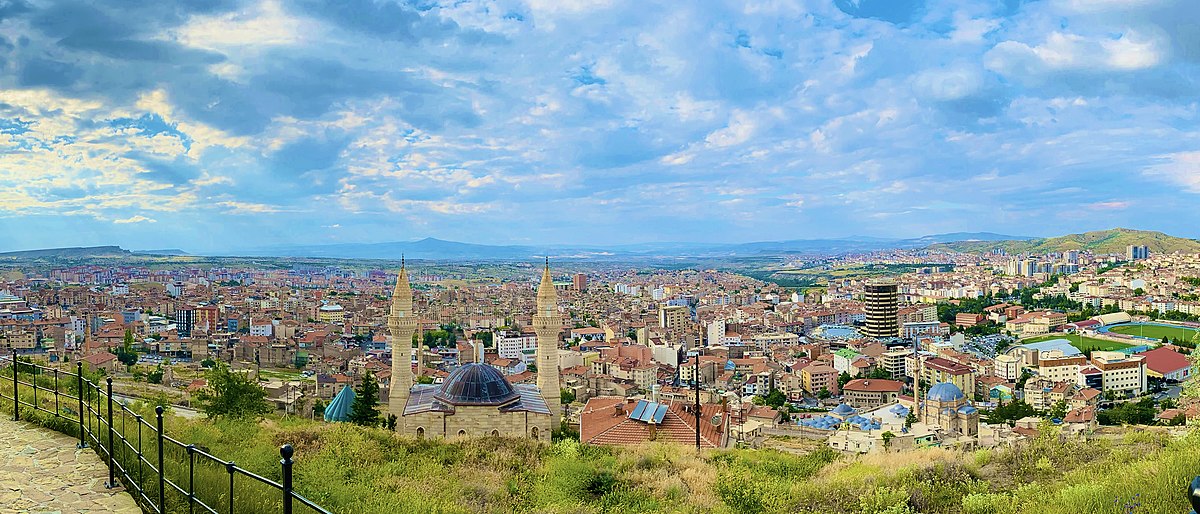
Nevşehir
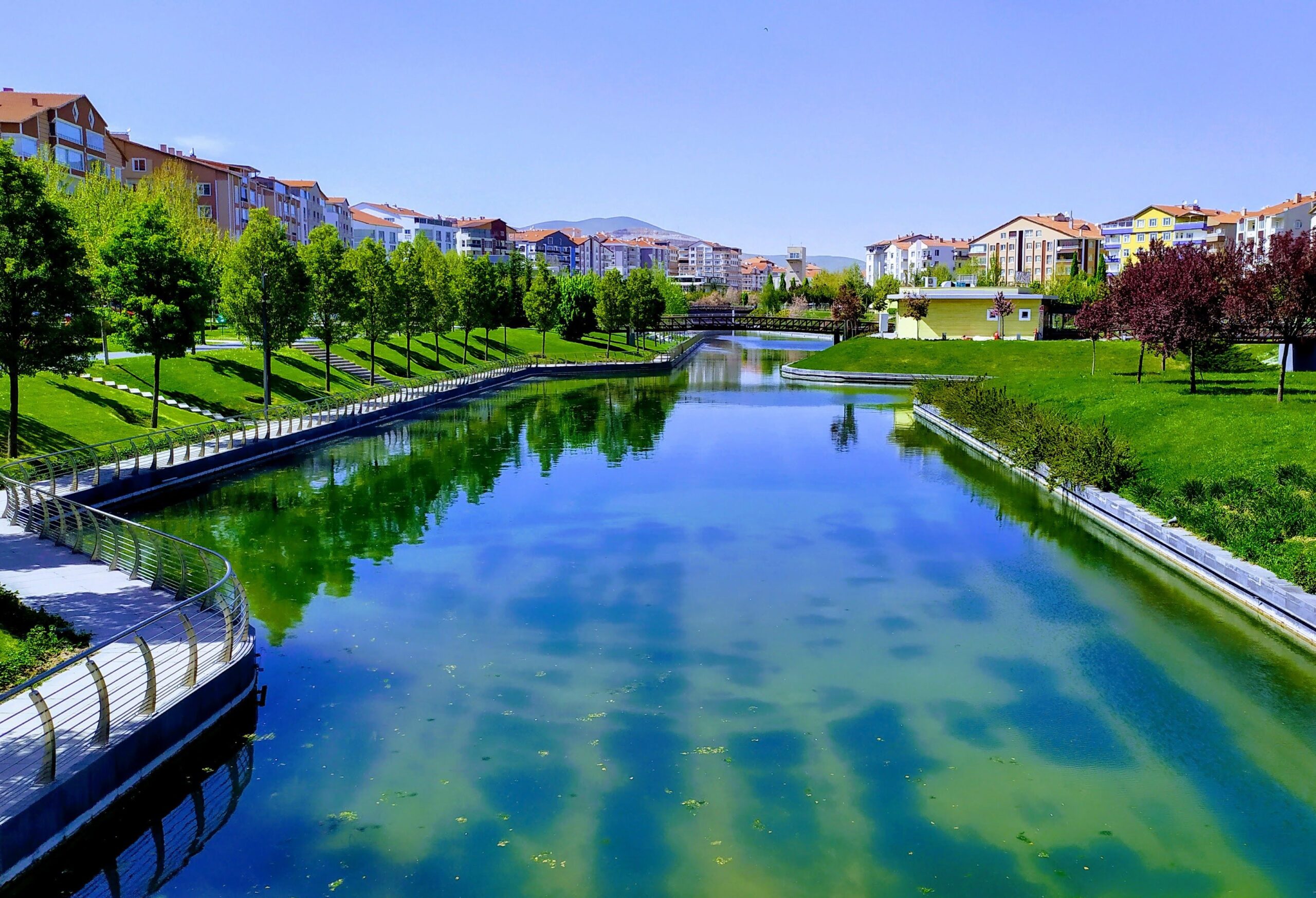
Kırşehir
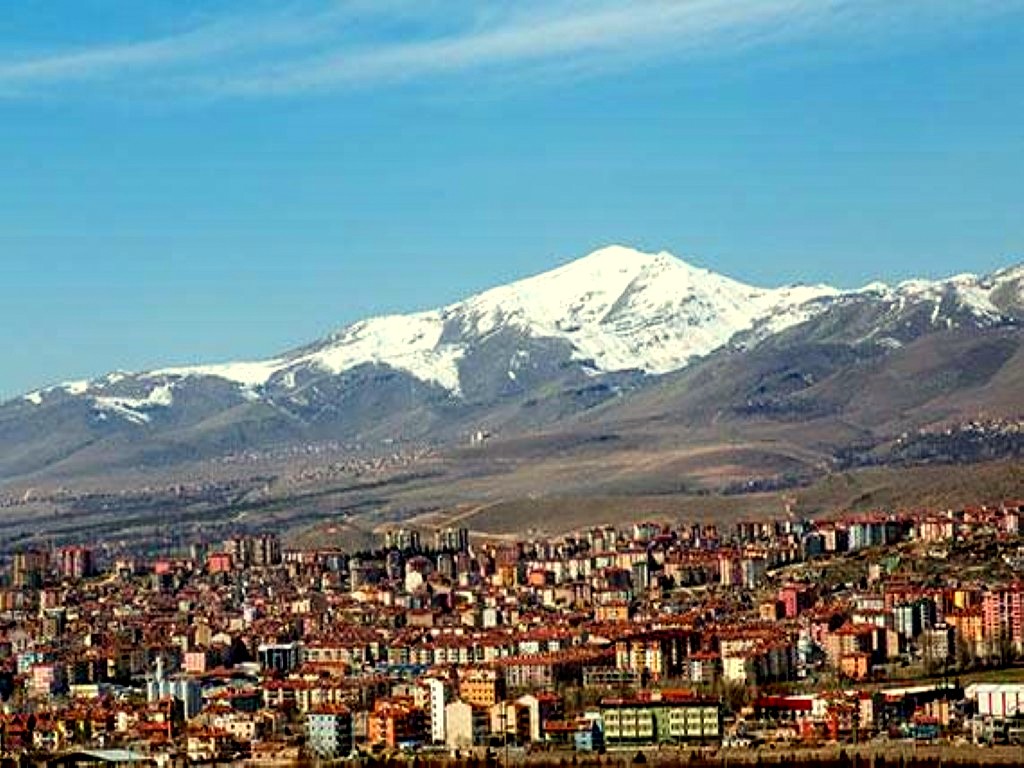
Niğde

Kayseri

Yozgat
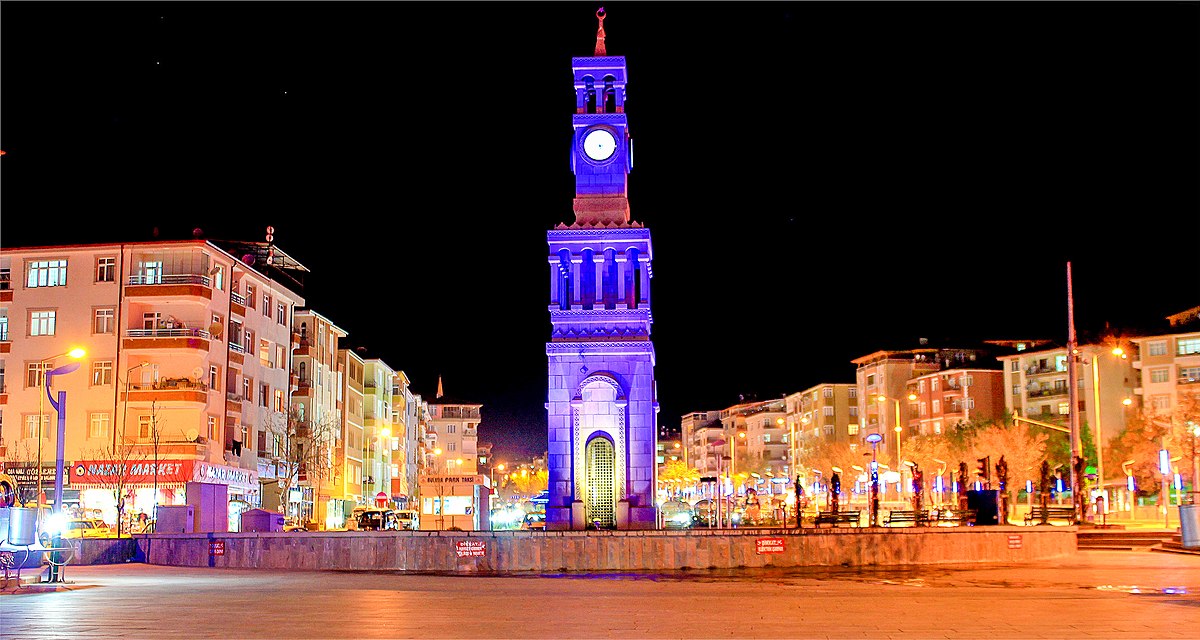
Kırıkkale

Ankara

Karaman
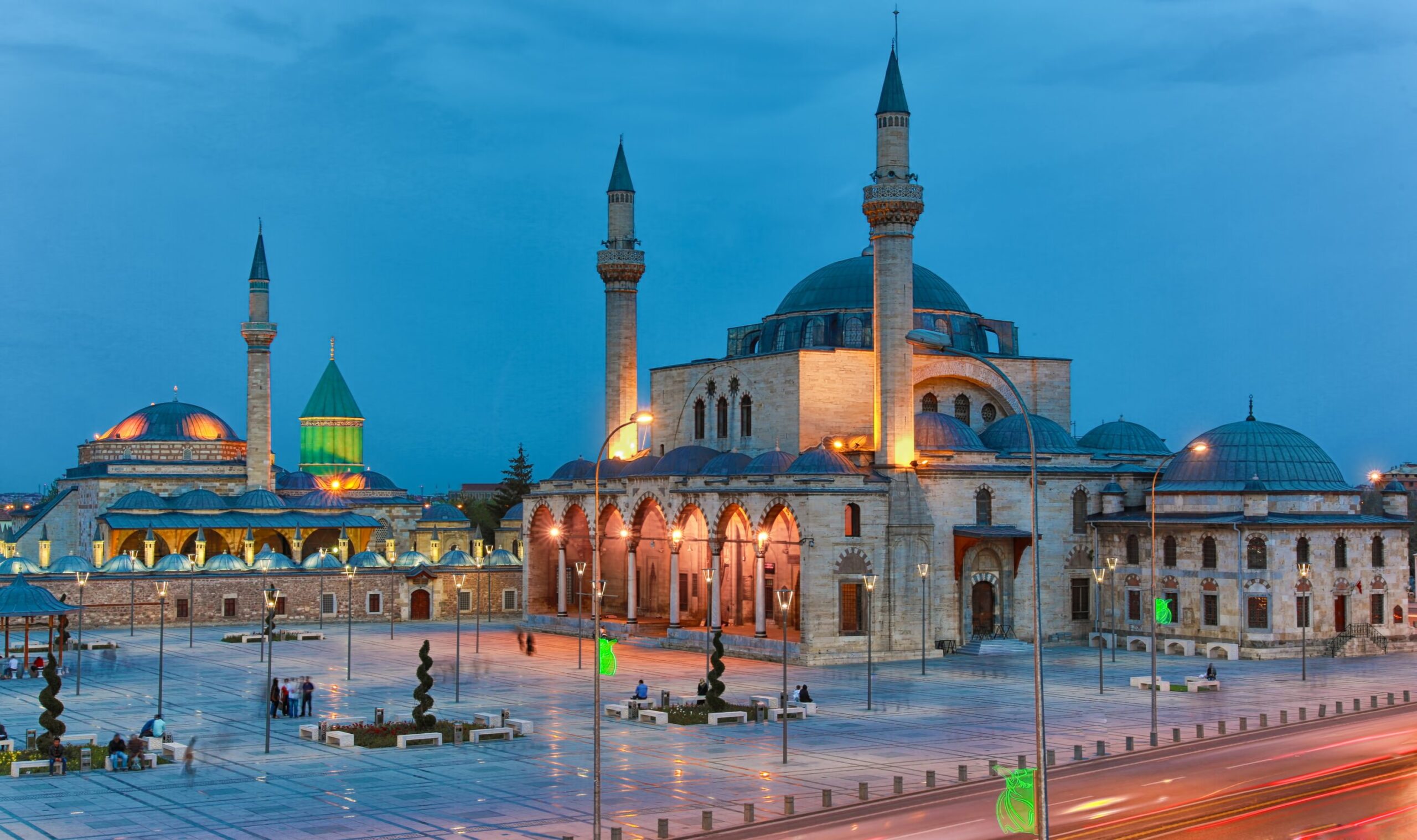
Konya

Ağrı
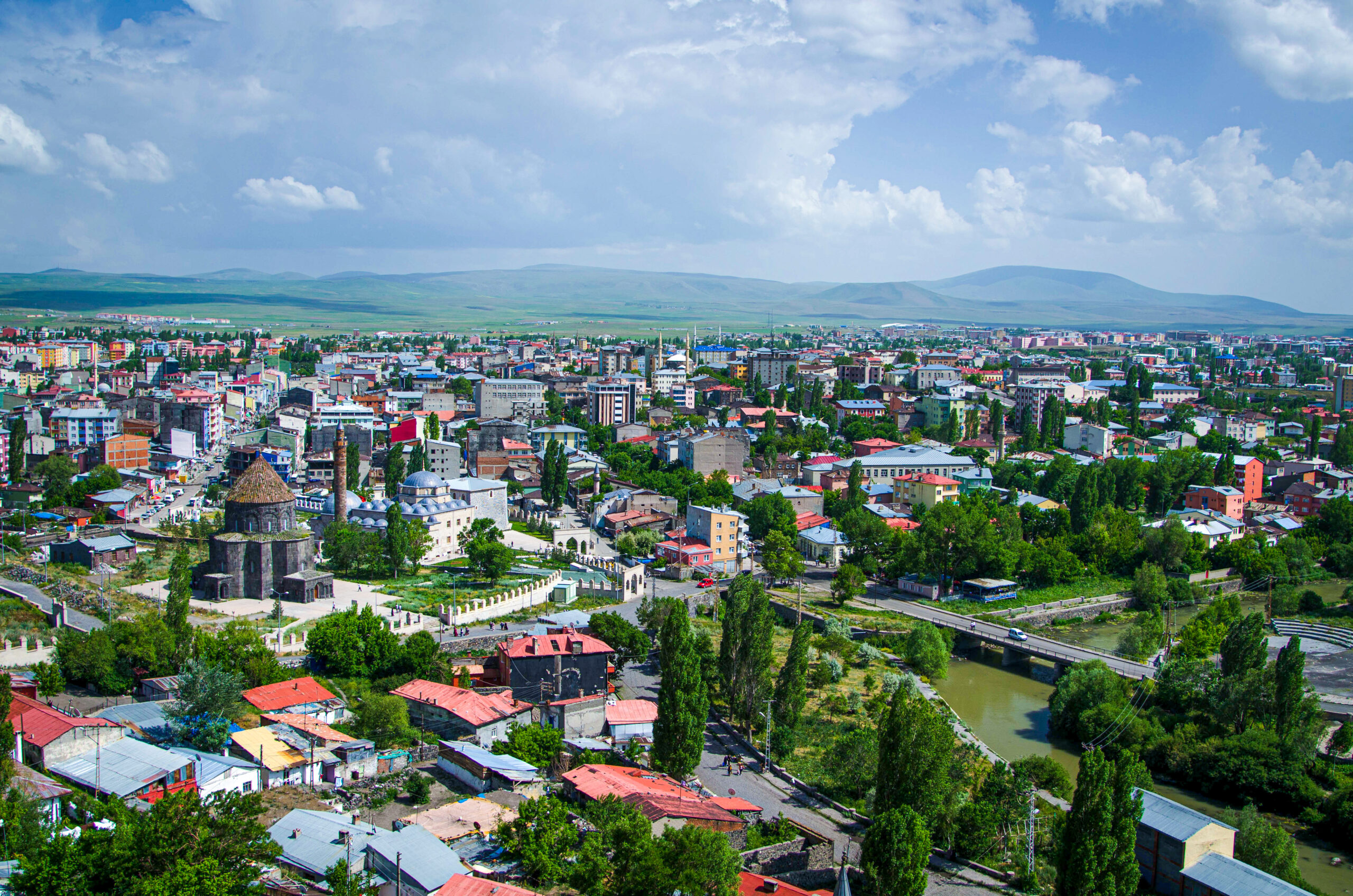
Kars
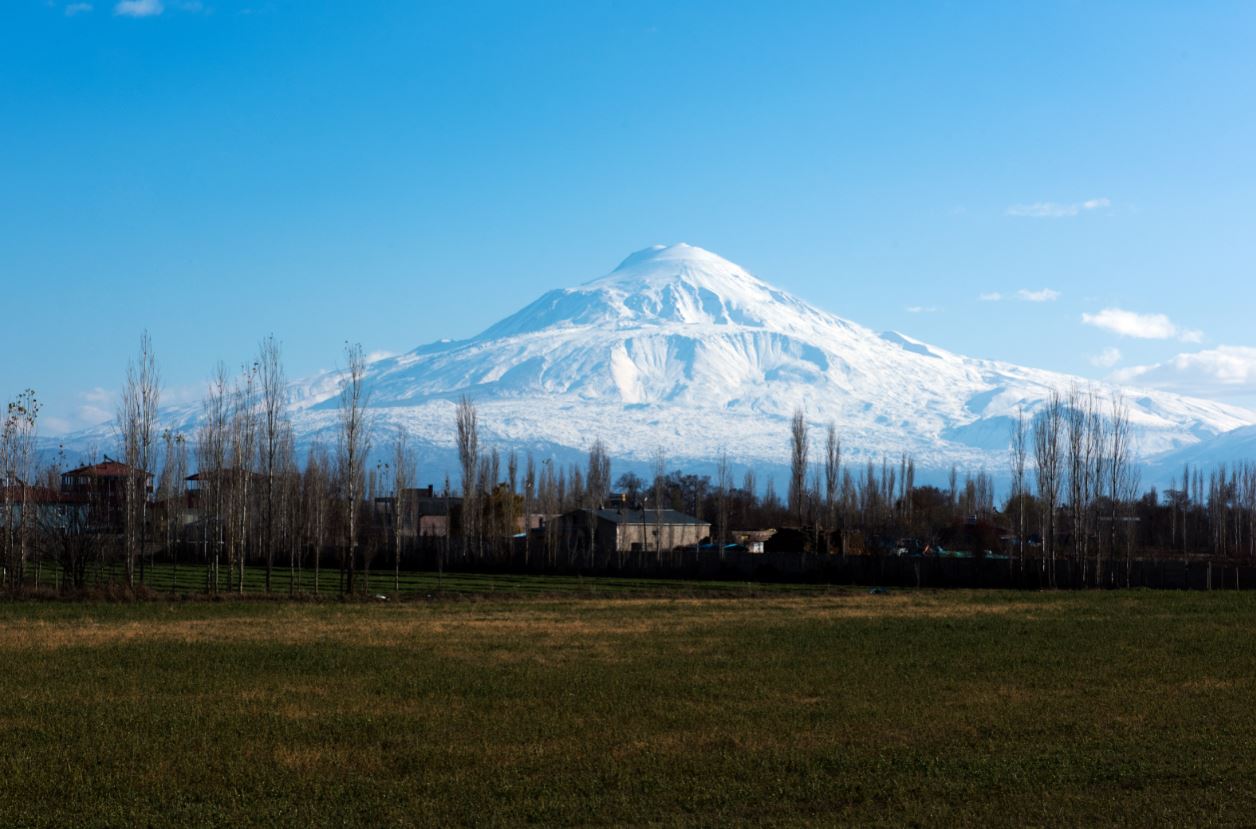
Iğdır

Erzurum
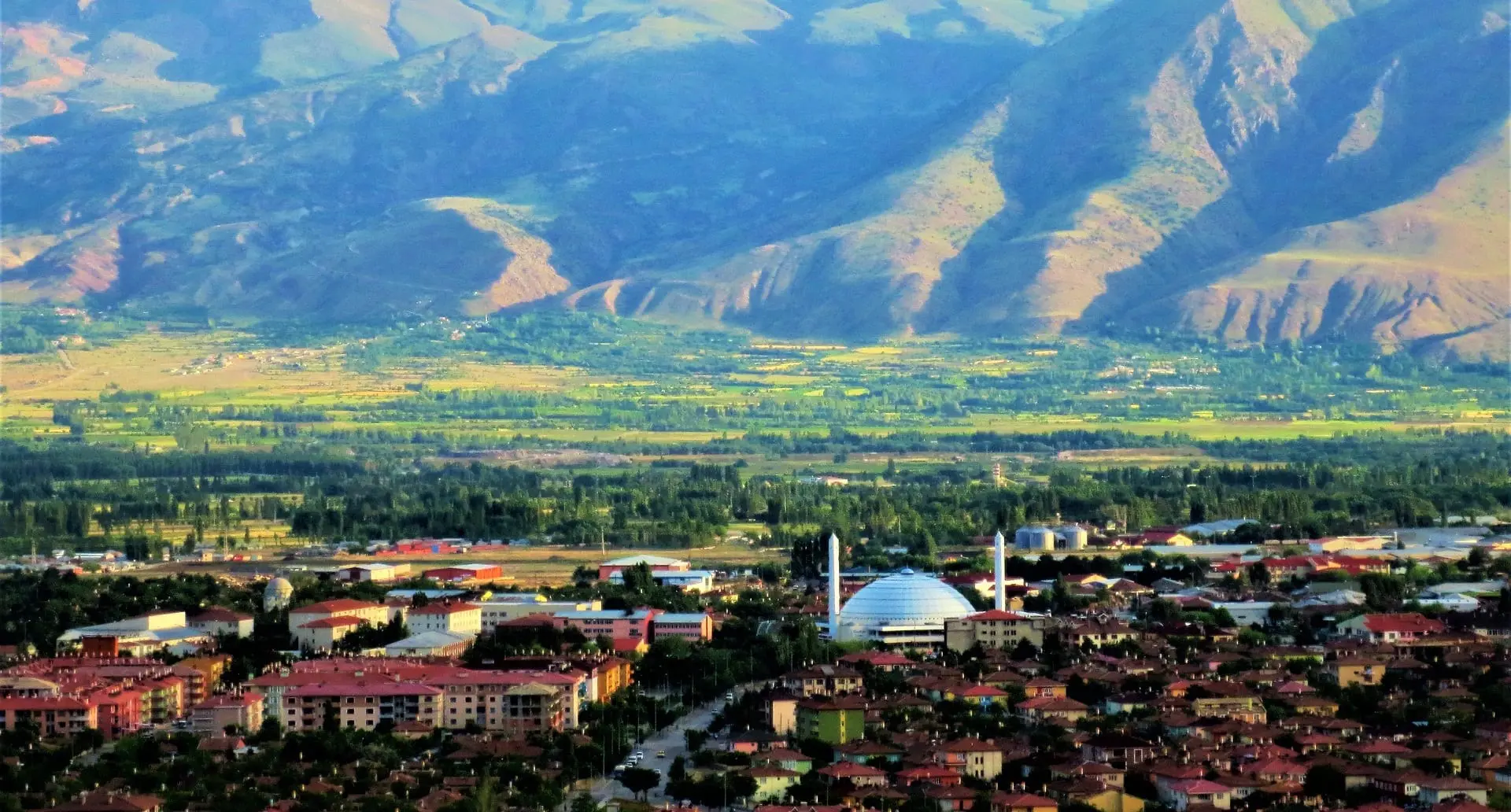
Erzincan
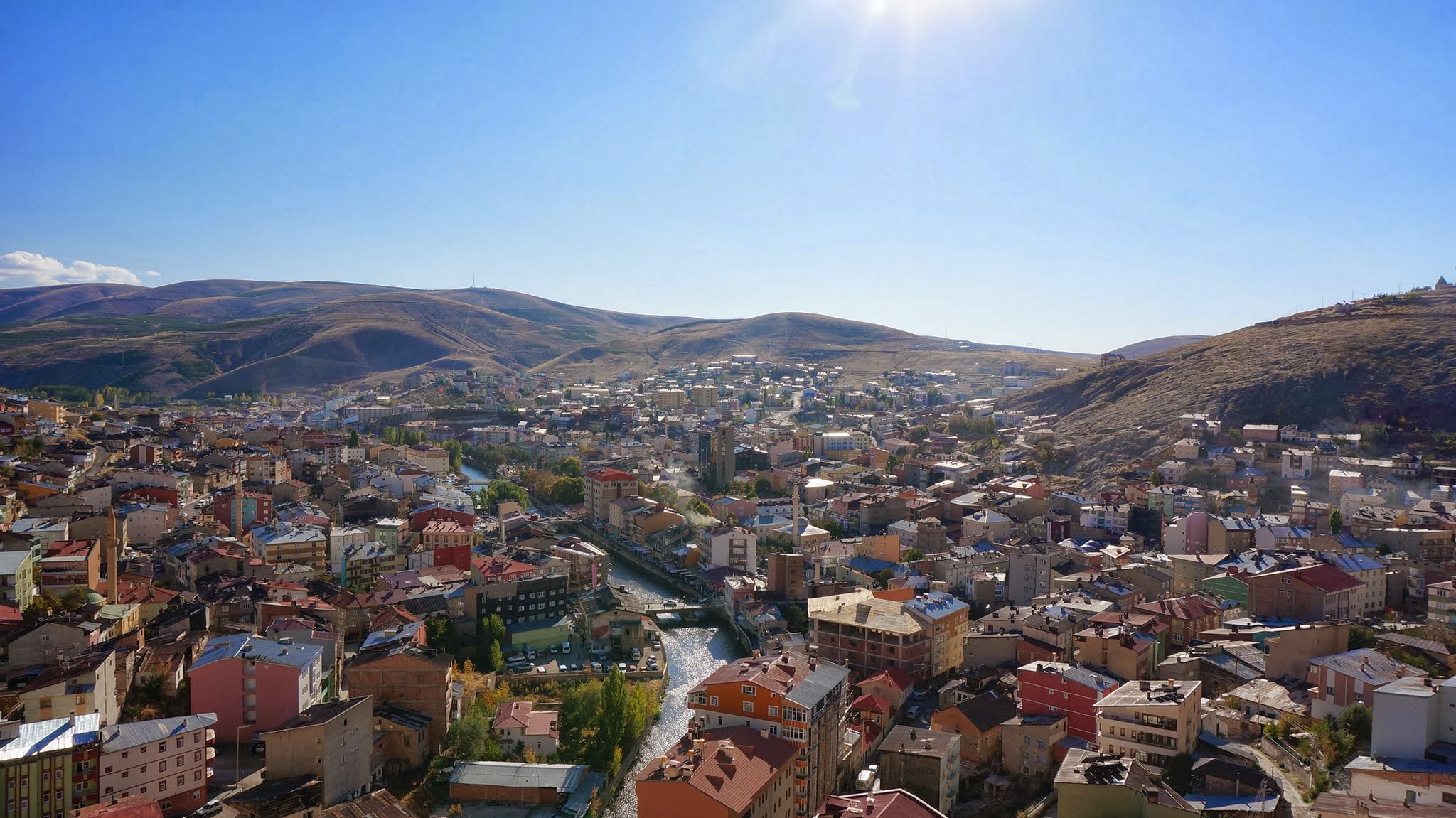
Bayburt

Malatya

Adana

Mersin

Hatay
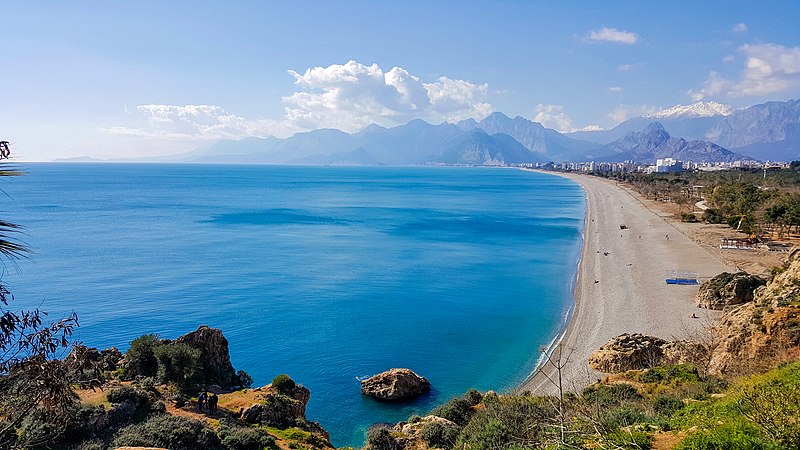
Antalya
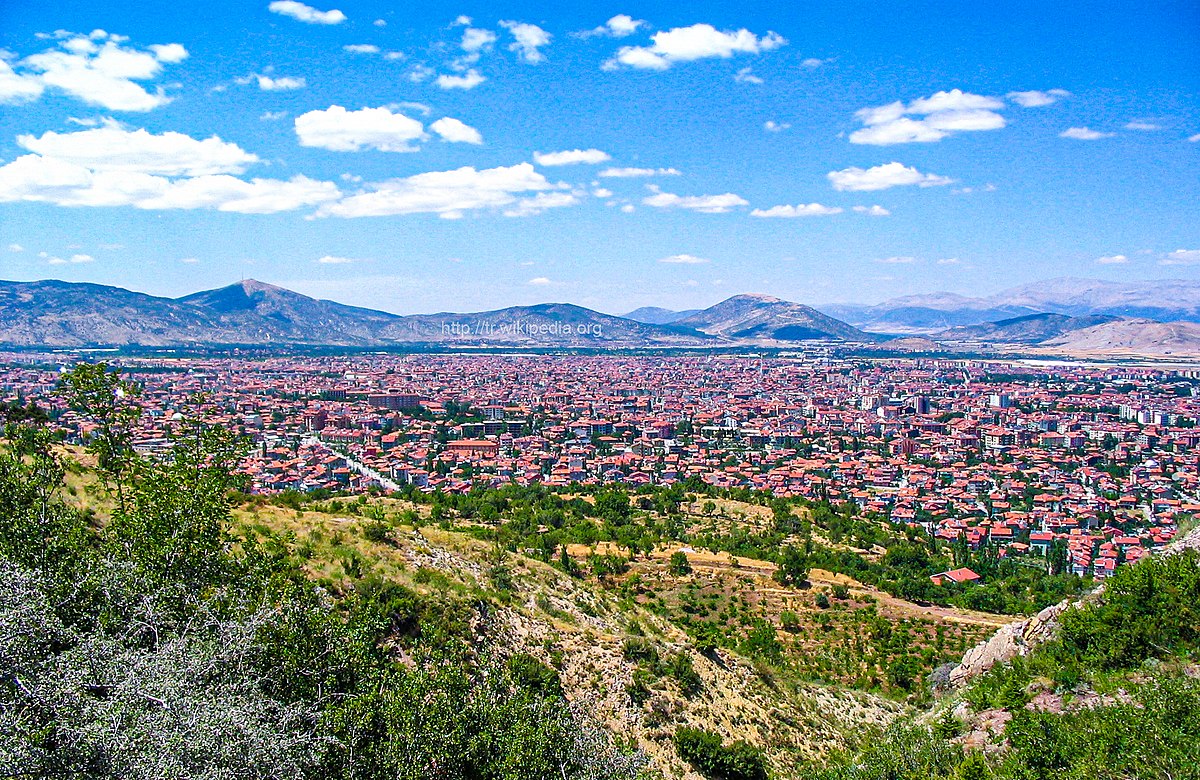
Isparta

Burdur

Osmaniye

Kahramanmaraş

Gaziantep

Şanlıurfa

Adıyaman

Kilis
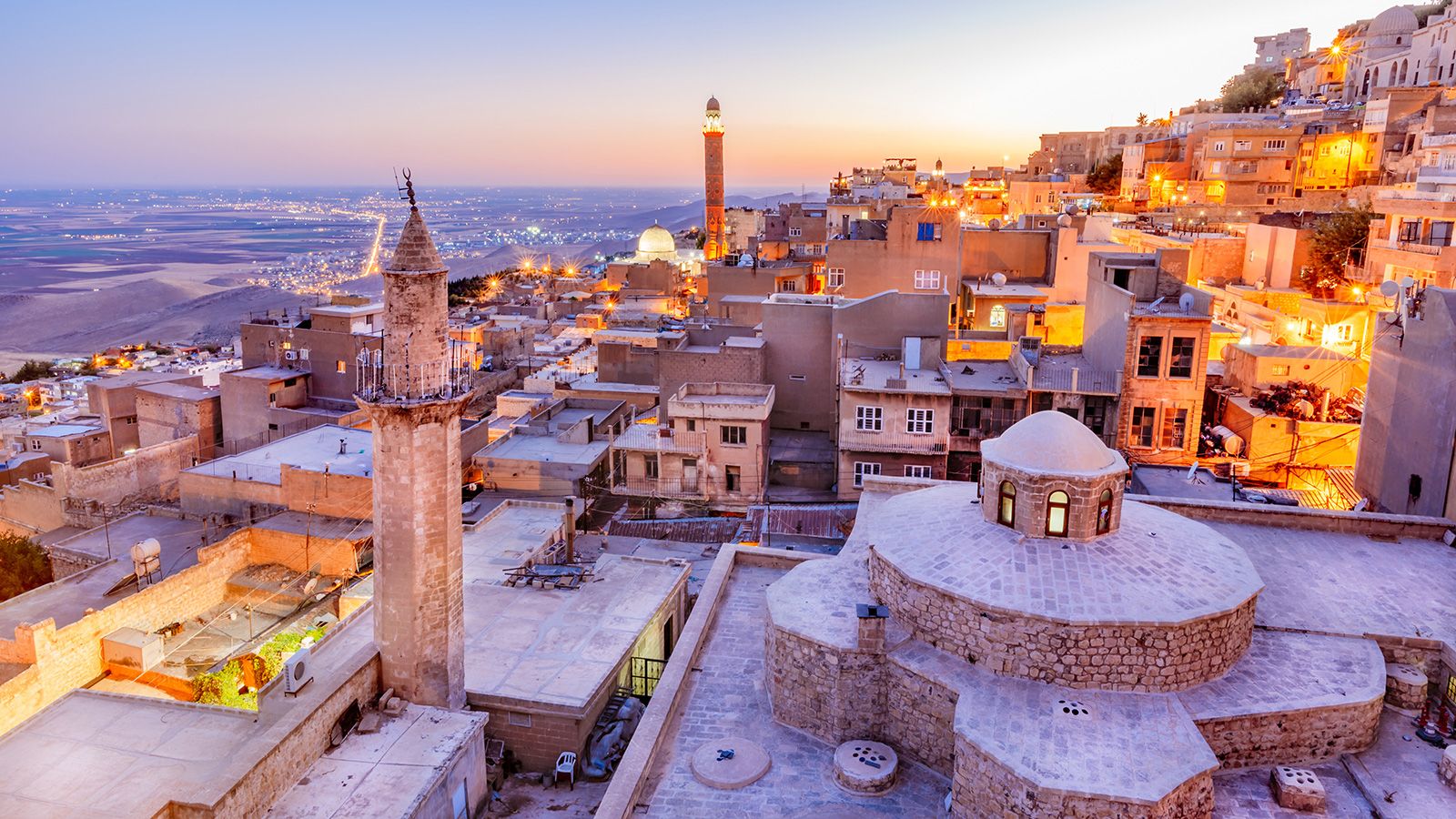
Mardin
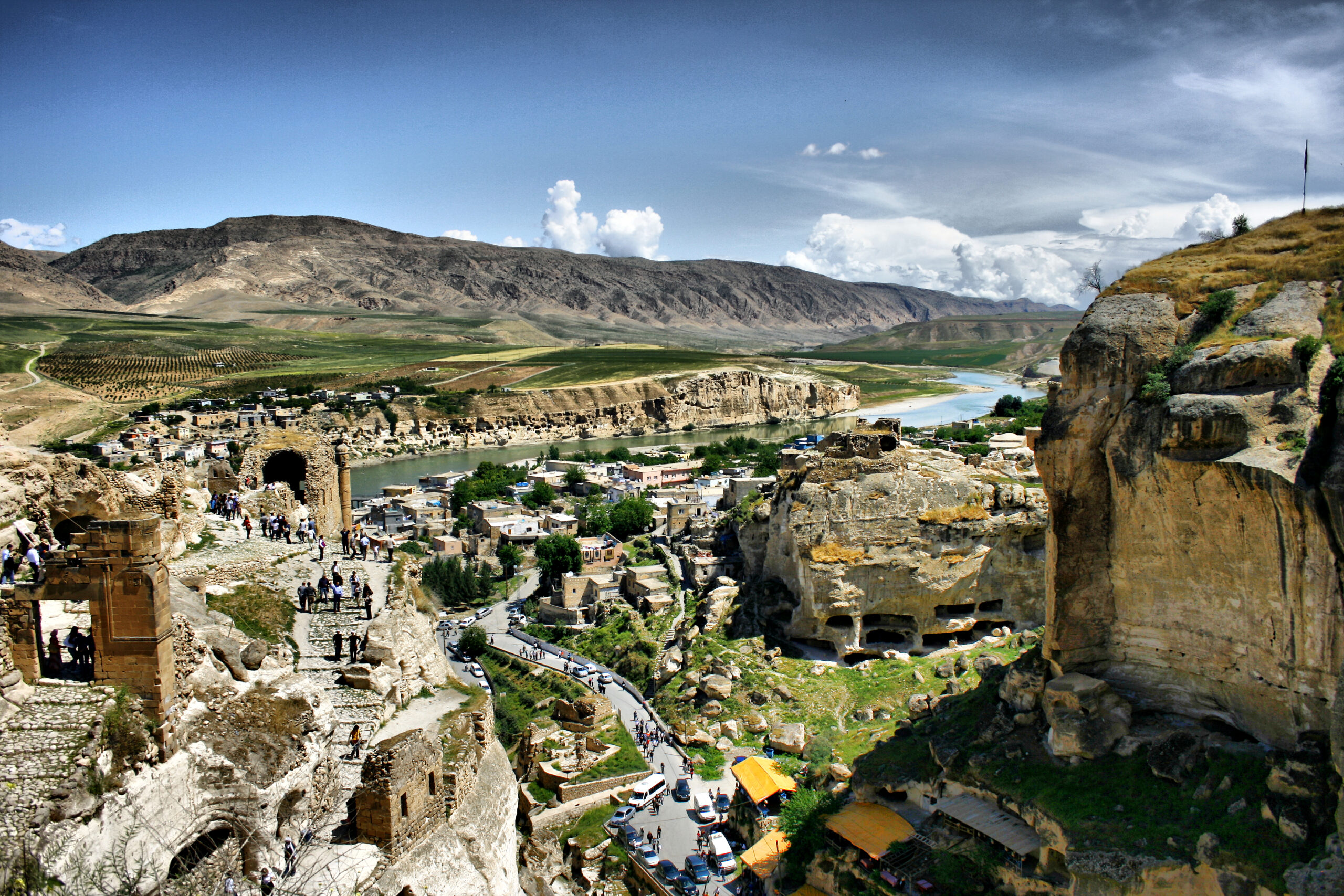
Batman

Siirt
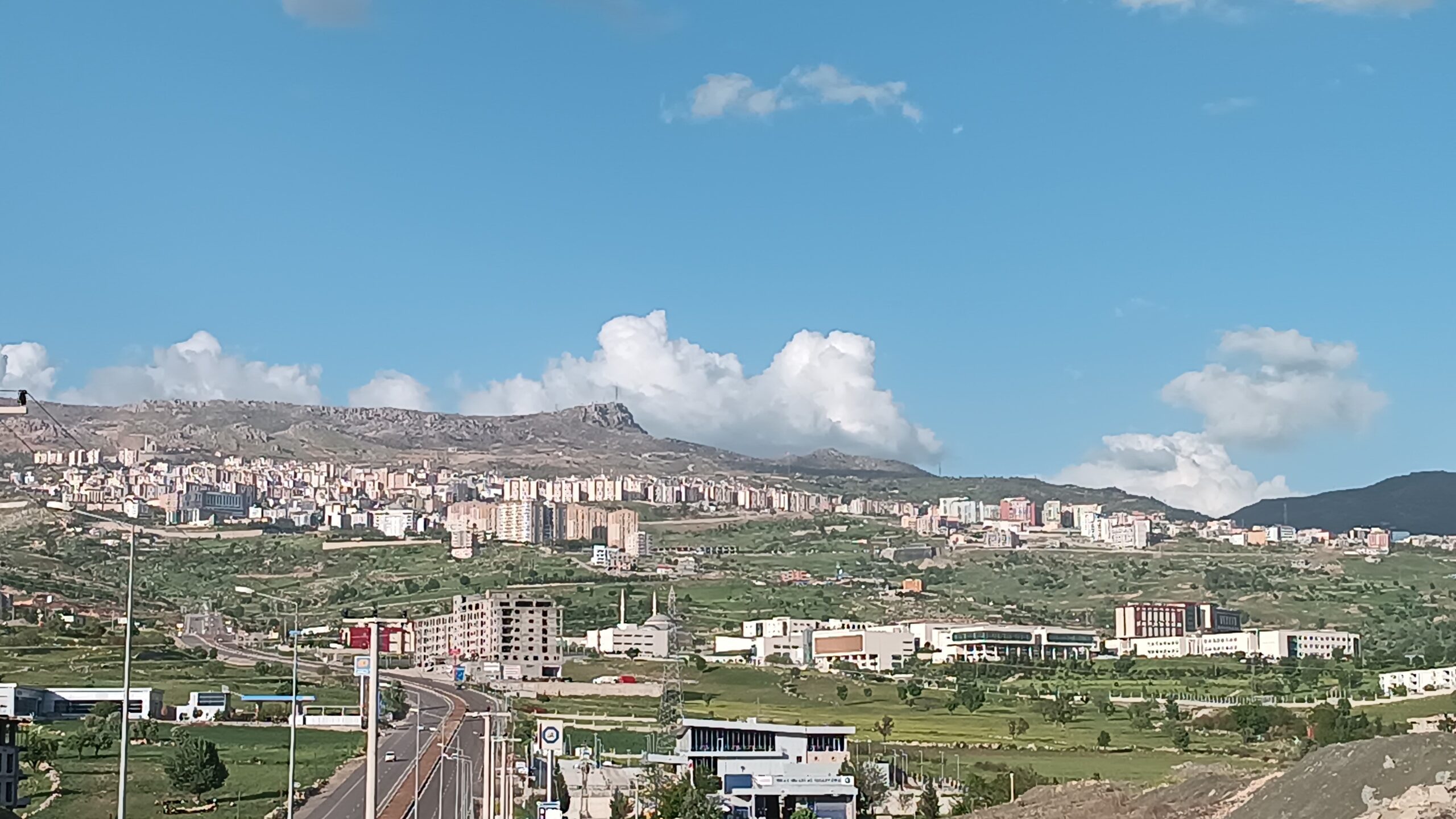
Şırnak

Tunceli

Diyarbakır
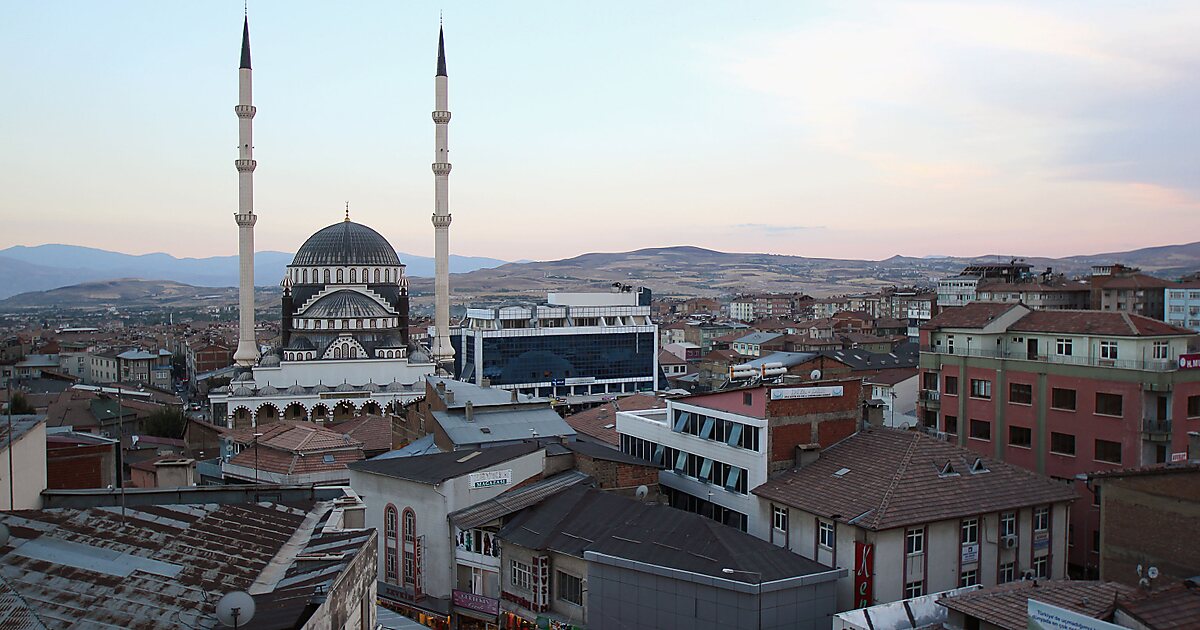
Elazığ
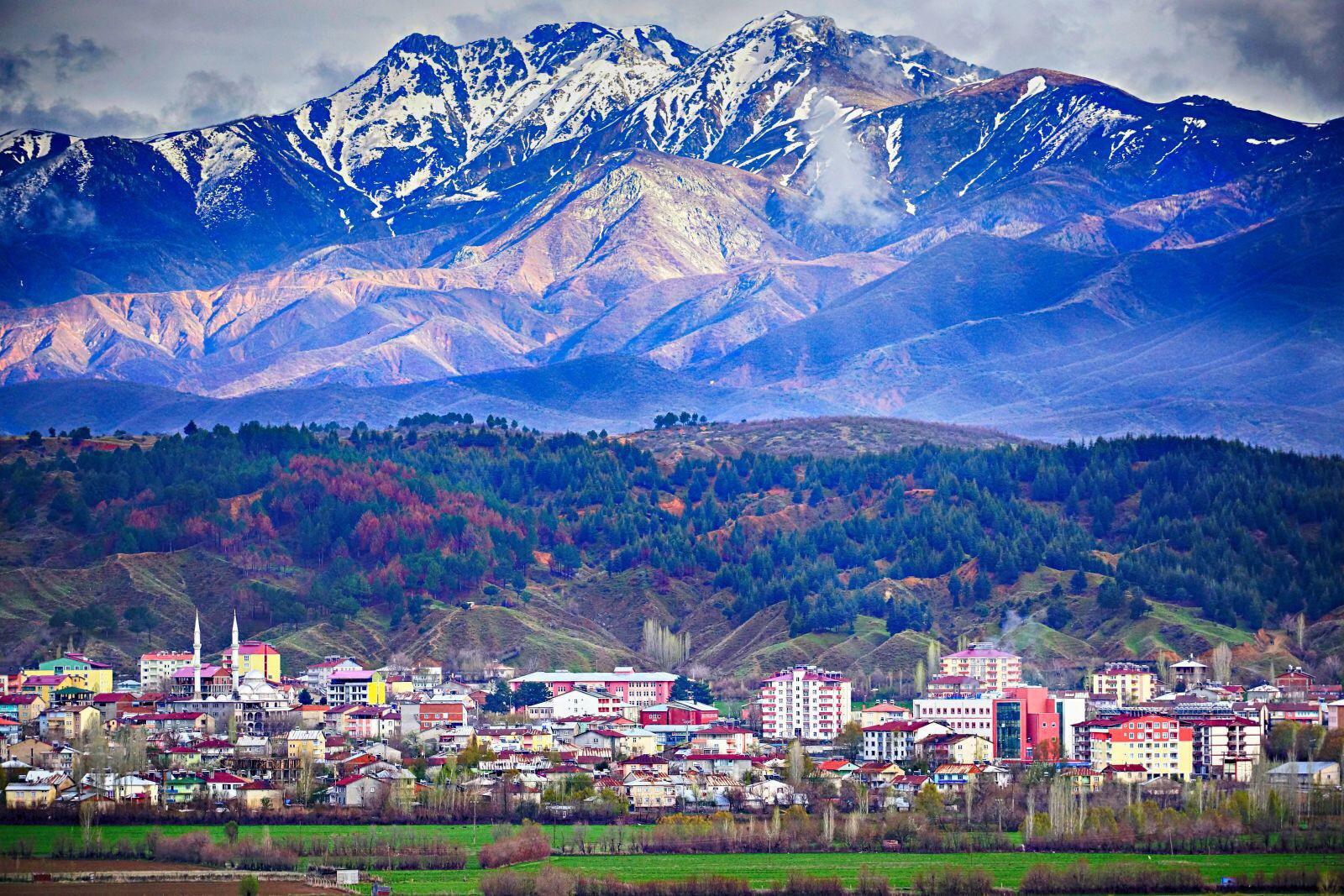
Bingöl

Muş
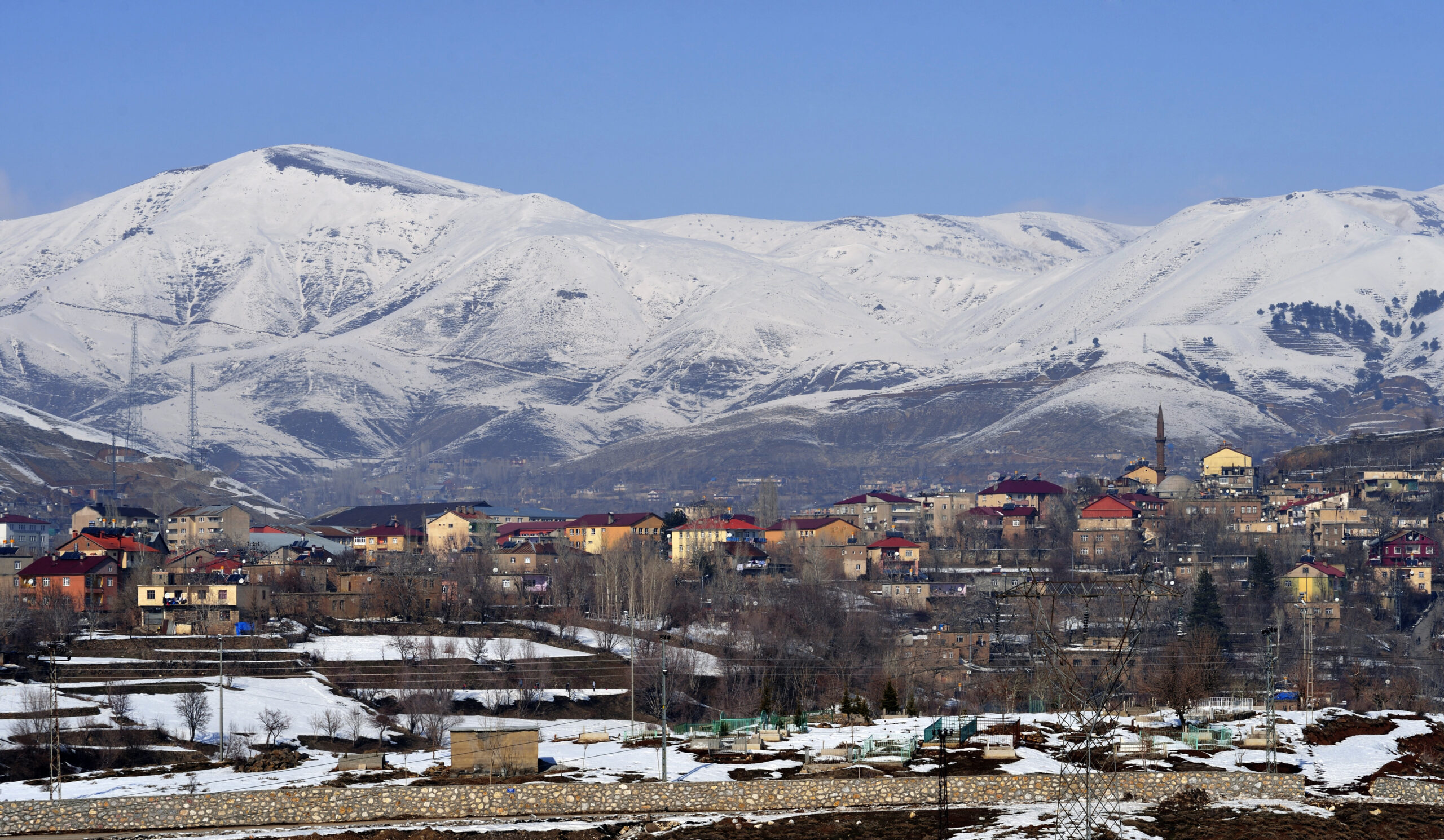
Bitlis
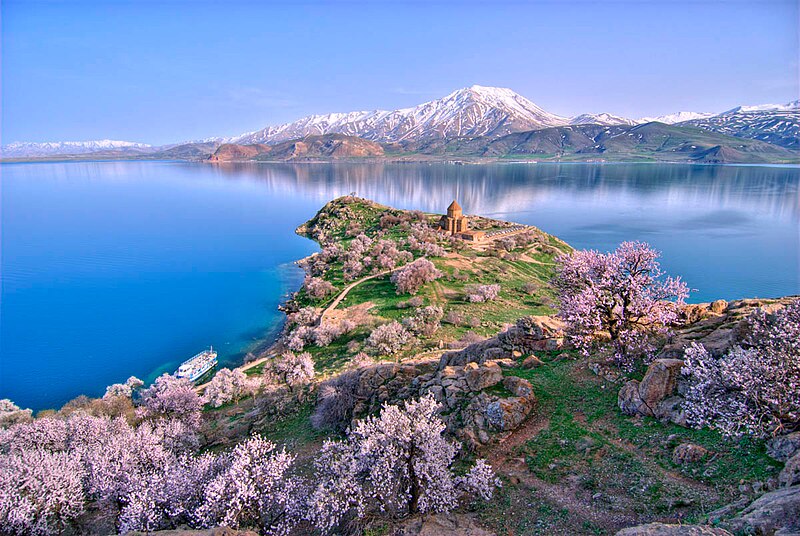
Van
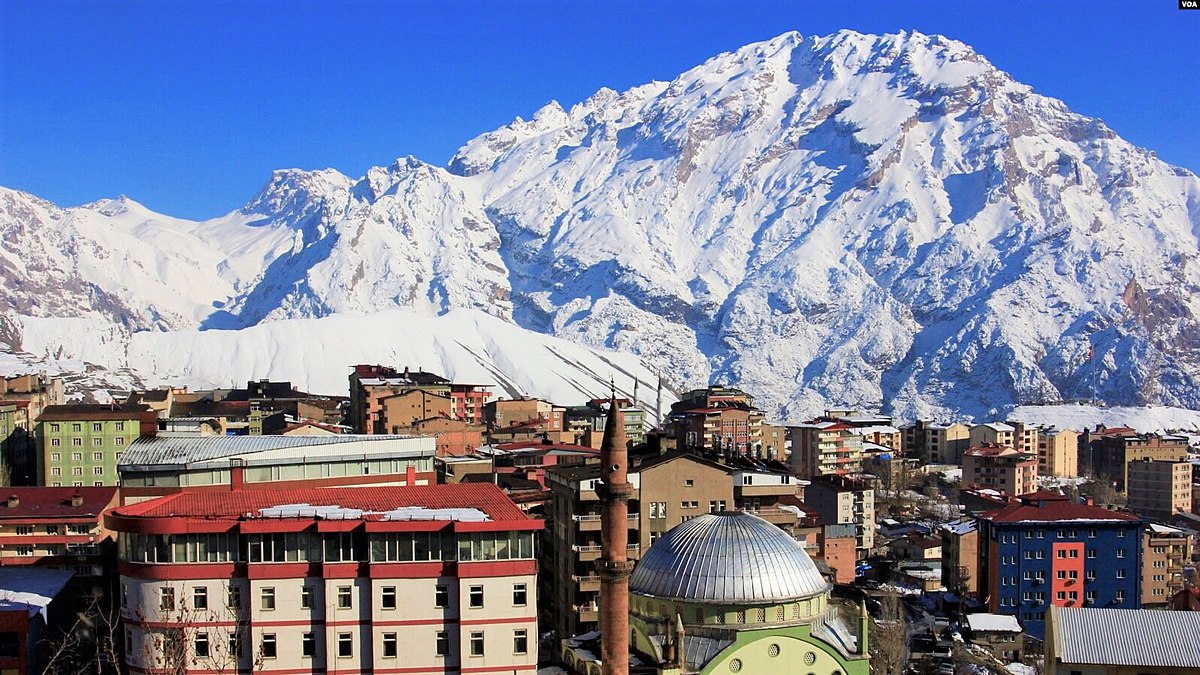
Hakkâri
Before you go 🛩
Important information you should know before your trip
Info
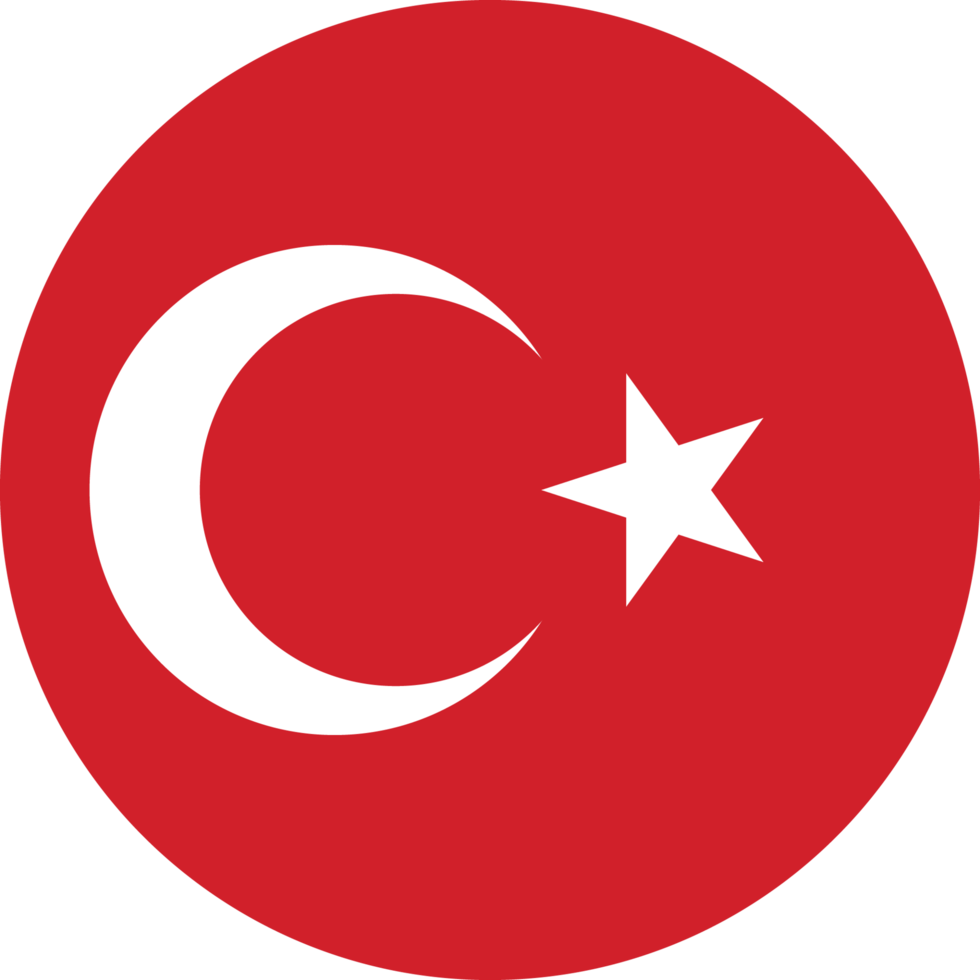
Capital | Ankara
Flag Codes:
ISO alpha-2 TR,
ISO alpha-3 TUR
Currency
Badge | Turkish Lira
CODE | TRY
NUMBER | 949
SYMBOL | ₺
FRACTION | kuruş
Mobile Coverage
Dialing Code | +90
SIM Card
Coverage | 3G / 4G / 5G |
Mobile Networks | Turk Telekom Mobile | Turkcell Mobile | Vodafone Mobile |

Location
Turkey, officially known as the Republic of Turkey, is a transcontinental country located at the crossroads of Europe and Asia. It spans two continents: a small portion in southeastern Europe (known as Eastern Thrace) and a larger portion in western Asia (known as Anatolia or Asia Minor).
Currency
The official currency of Turkey is the Turkish lira (TRY), which is divided into 100 kuruş. The banknotes available are 5, 10, 20, 50, 100 and 200 lira, while the coins in circulation are 1 lira and 1, 5, 10, 25 and 50 kuruş.
In terms of design, Turkish lira banknotes feature images of important historical and cultural figures of the country, as well as monuments and emblematic places of Turkey. The coins have different designs, with the figure of Mustafa Kemal Atatürk, founder of the Republic of Turkey, on the obverse and characteristic motifs of Turkish culture on the reverse.
The Turkish lira is a relatively stable currency and its value has fluctuated over time. The Central Bank of the Republic of Turkey is responsible for issuing and regulating currency in Turkey.
Languages
The official and most spoken language in Türkiye is Turkish. It is a language from the Turkic language family and uses the Latin alphabet.
In addition to Turkish, other minority languages are also spoken in Turkey, such as Kurdish, Zaza, Arabic and Armenian. Kurdish is spoken by a significant minority in the southeast of the country and is the most widely spoken minority language in Turkey. Zaza is spoken by a minority in the eastern region of the country, while Arabic is spoken by a minority in the southern region of Turkey. Armenian is spoken by the Armenian community in the east of the country.
In short, Turkish is the official and predominant language in Turkey, while the most widely spoken minority languages are Kurdish, Zaza, Arabic and Armenian.
Climate 🌡
Turkey’s climate varies widely due to its diverse geography and topography, which includes mountains, coastal regions, and interior plains. As a result, the country experiences a range of climatic conditions across different regions. Here’s an overview of the climate in different parts of Turkey:
Mediterranean Climate:
Coastal areas along the southern and western coasts, including cities like Antalya and Izmir, have a Mediterranean climate.
Summers (June to August) are hot and dry, with temperatures often exceeding 30°C (86°F).
Winters (December to February) are mild and rainy, with temperatures around 10°C to 15°C (50°F to 59°F).
Aegean Coast and Marmara Region:
Similar to the Mediterranean climate, these areas have hot and dry summers and milder, wetter winters.
Central Anatolia:
Central Anatolia, including cities like Ankara, has a continental climate.
Summers are hot and dry, with temperatures around 25°C to 35°C (77°F to 95°F).
Winters are cold and snowy, with temperatures often dropping below freezing.
Eastern Anatolia:
Eastern Anatolia, including cities like Erzurum, has a harsh continental climate.
Summers are short and cool, while winters are long and extremely cold, with heavy snowfall.
Temperatures can drop well below freezing during winter months.
Black Sea Coast:
The Black Sea coast, including cities like Trabzon, experiences a temperate climate influenced by the sea.
Summers are mild and rainy, with temperatures around 20°C to 25°C (68°F to 77°F).
Winters are cool and wet, with temperatures ranging from 5°C to 10°C (41°F to 50°F).
Southeastern Anatolia:
Southeastern Anatolia, including cities like Diyarbakir, has a semi-arid climate.
Summers are hot and dry, with temperatures often exceeding 35°C (95°F).
Winters are mild and drier, with temperatures around 10°C to 15°C (50°F to 59°F).
Highland Regions:
Mountainous areas, such as the Taurus Mountains and the Pontic Mountains, experience colder temperatures due to higher elevations.
Snowfall is common during winter months.
Turkey travel tips
If you’re planning a trip to Turkey, here are some travel tips to enhance your experience:
Istanbul Highlights:
Visit Hagia Sophia, Blue Mosque, and Grand Bazaar.
Historical Wonders:
Explore ancient sites like Ephesus and Cappadocia’s unique landscapes.
Ramadan Consideration:
Be aware of Ramadan dates, as some services may be limited during this period.
Health Precautions:
Drink bottled water and be mindful of street food hygiene.
Transportation:
Use trams, buses, and ferries in major cities. Consider an Istanbulkart for convenience.Consider domestic flights for longer distances; buses are a popular and affordable option. View Guide.
Dress Modestly:
Respect local dress codes, especially when visiting religious sites.
Local Etiquette:
Be polite and greet with “Merhaba.” Understand the significance of gestures and body language.
Enjoy your time in Turkey!

The best of the best
Turkish cuisine is known for its rich flavors, diverse ingredients, and historical influences from various cultures. Turkish dishes often combine fresh ingredients with aromatic spices to create a delightful culinary experience.

Kebabs
Various types of kebabs are popular in Turkish cuisine, including döner kebab (rotating meat on a vertical skewer), shish kebab (meat cubes grilled on skewers), and köfte (grilled or fried meatballs).

Pide
Pide is a type of Turkish flatbread that is typically boat-shaped and topped with various ingredients. Lahmacun, also known as Turkish pizza, is a thin round dough topped with minced meat, vegetables, and spices.
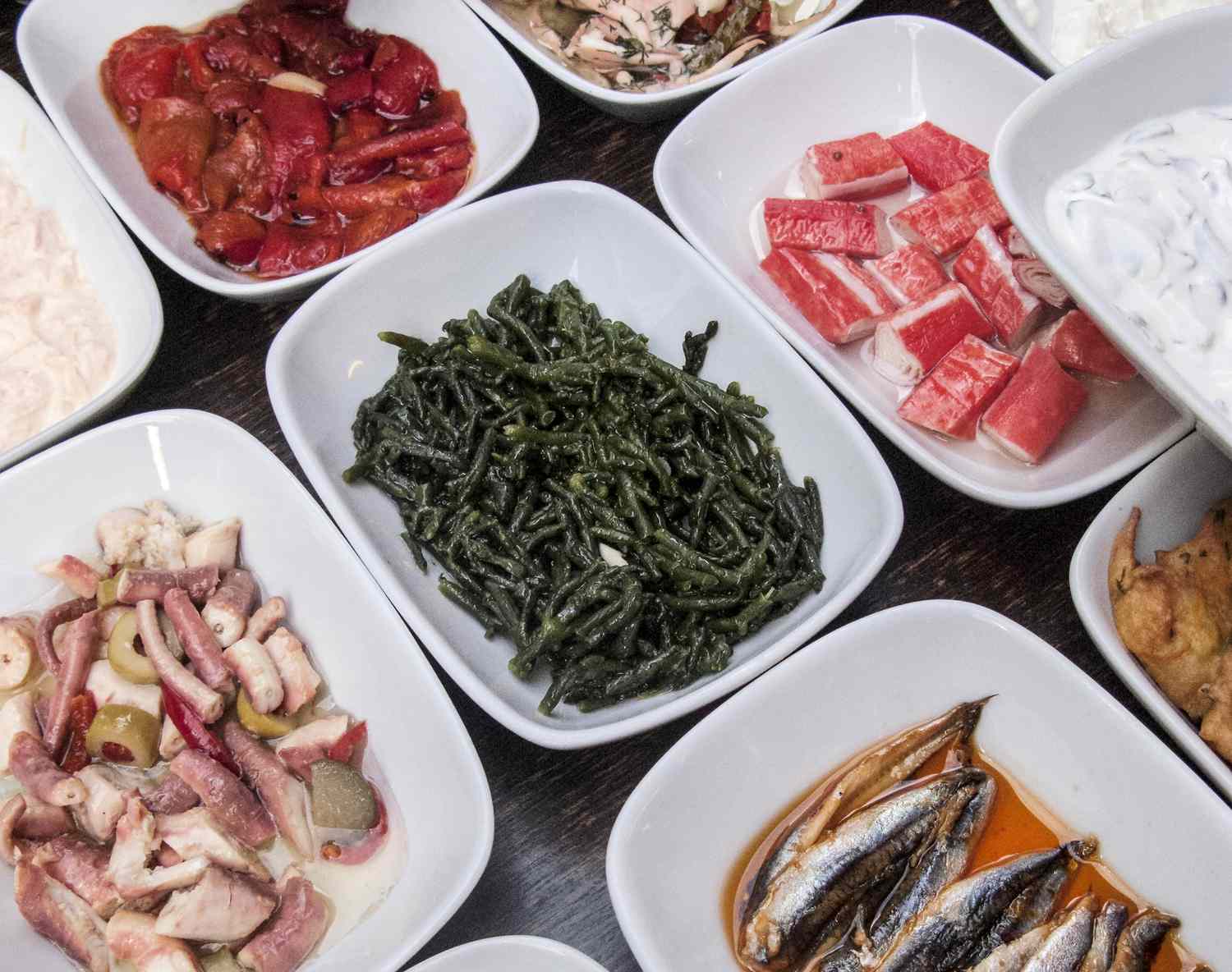
Meze
Meze refers to a variety of small dishes that are typically served as appetizers or shared plates.
Here are some typical foods of Turkey:
Börek: Börek is a savory pastry made from thin layers of dough filled with ingredients such as cheese, minced meat, potatoes, or spinach. It can be baked or fried.
Dolma: Dolma are stuffed vegetables, usually grape leaves or bell peppers, filled with a mixture of rice, herbs, and sometimes meat. They are often served as appetizers or side dishes.
Karnıyarık: This dish consists of eggplants stuffed with a mixture of minced meat, onions, tomatoes, and spices. It’s typically baked and served with rice.
Manti: Manti are small dumplings filled with minced meat and spices, often served with yogurt and garlic sauce, and sometimes drizzled with butter and red pepper.
Baklava: Baklava is a famous Turkish dessert made from layers of thin pastry dough filled with chopped nuts and sweetened with syrup or honey.
Turkish Delight (Lokum): This traditional sweet treat comes in a variety of flavors and is made from starch, sugar, and flavorings like rosewater or fruit extracts.
Çay: Turkish tea, or çay, is an essential part of Turkish culture. It’s black tea served in small glasses and is often enjoyed with sugar.
Turkish Coffee: Strong and finely ground coffee, usually served in small cups. The coffee grounds settle at the bottom, and fortune-telling from the coffee grounds is a cultural tradition.
Iskender Kebab: A specialty dish made with döner kebab meat, served over bread and topped with tomato sauce and yogurt.
Turkish food is known for its emphasis on fresh ingredients, bold flavors, and a balance of sweet and savory tastes.
Transportation 🚥
More information about this country
Choose your destination 📍🗺
Useful Links ✅



